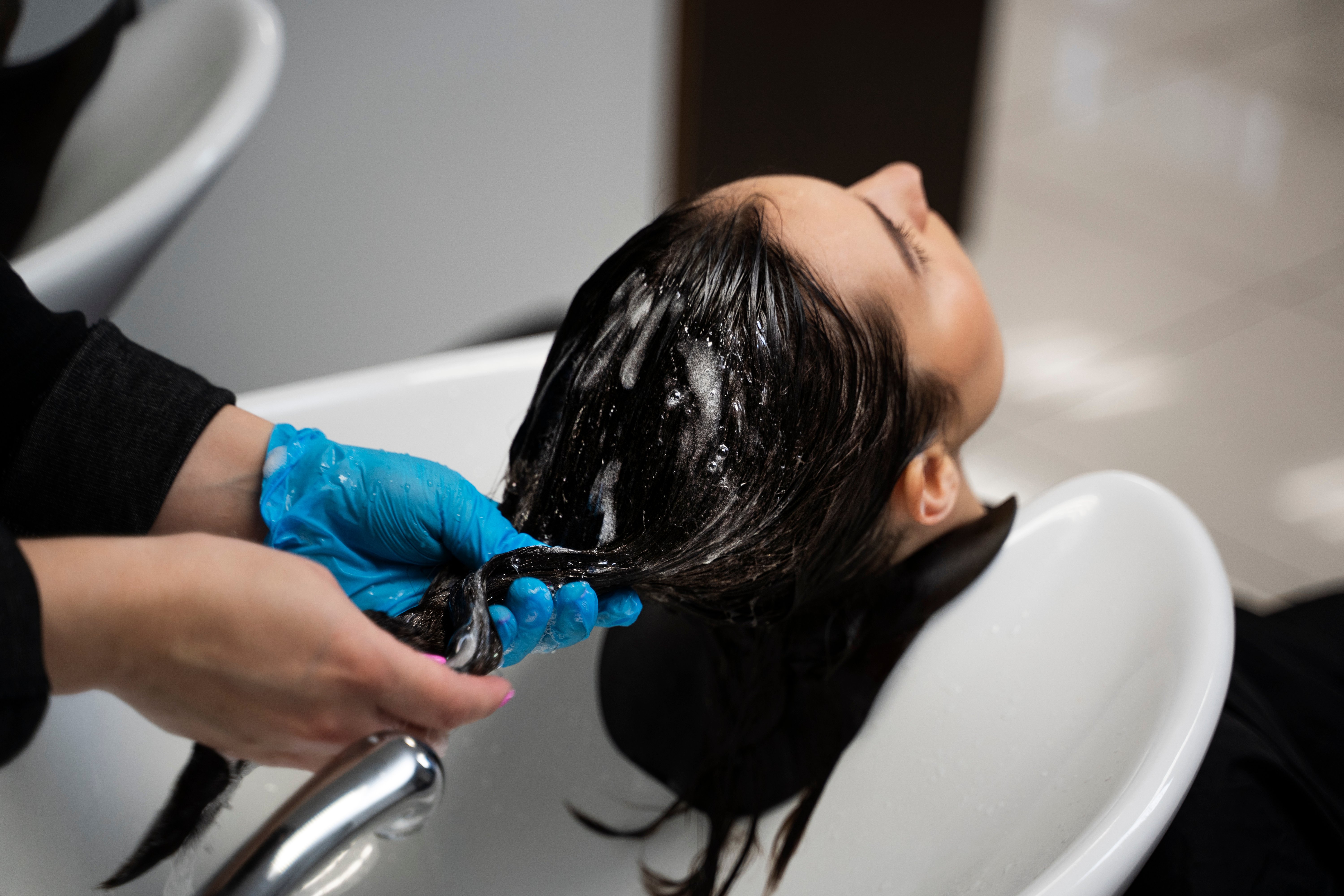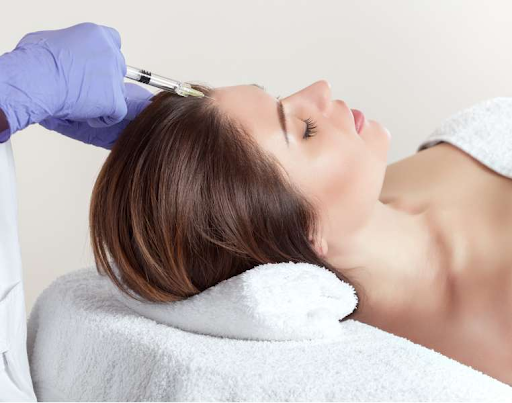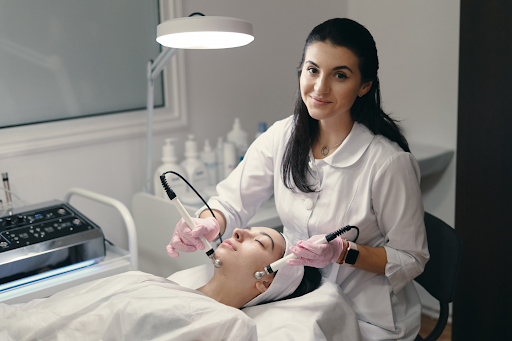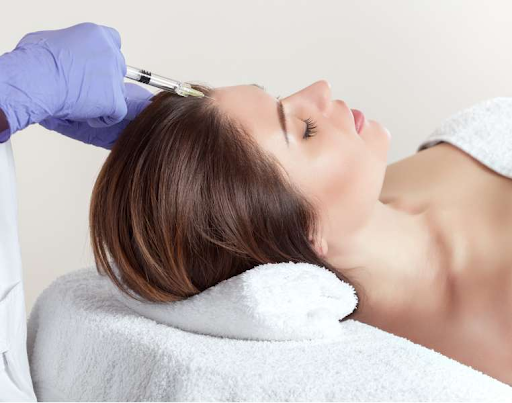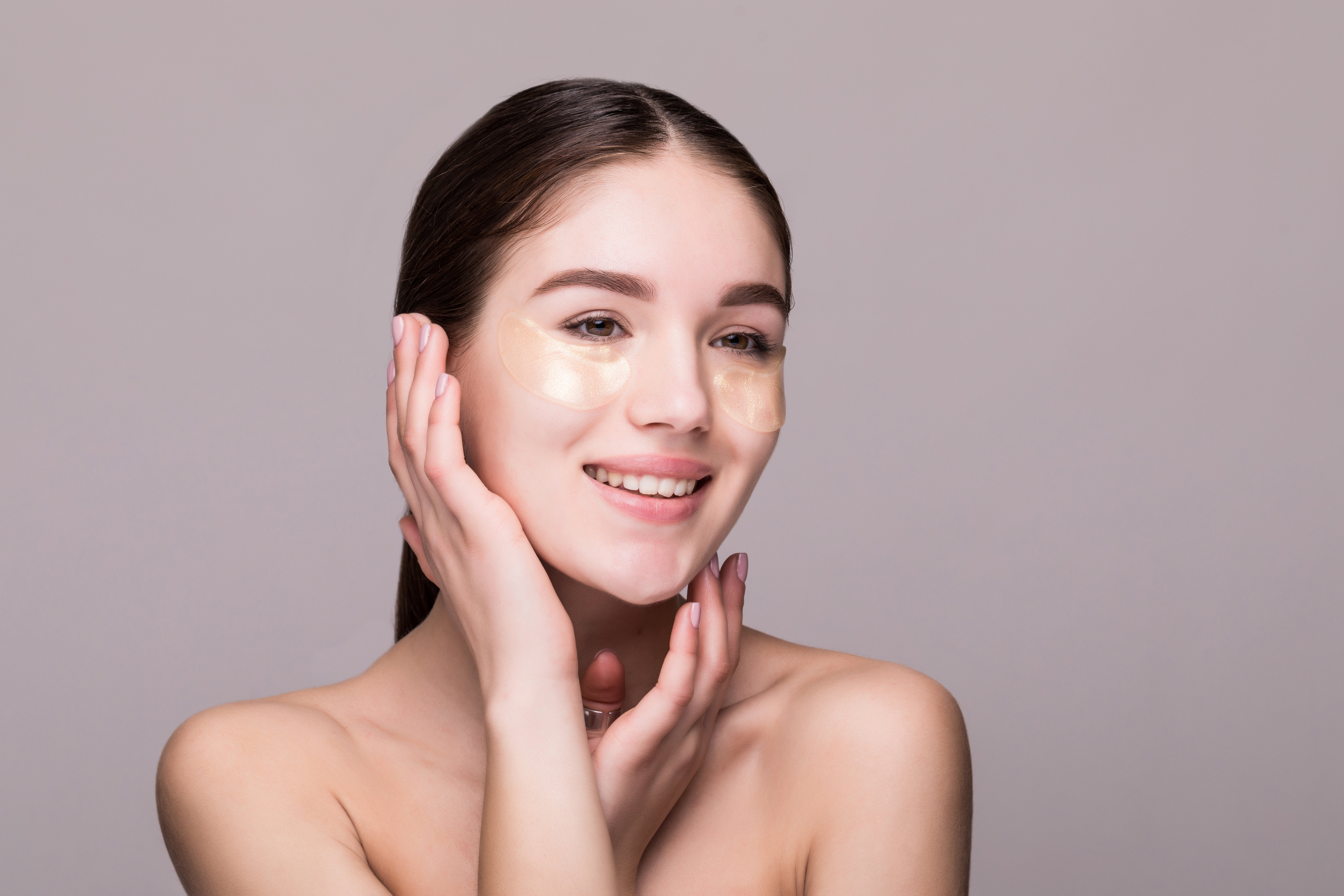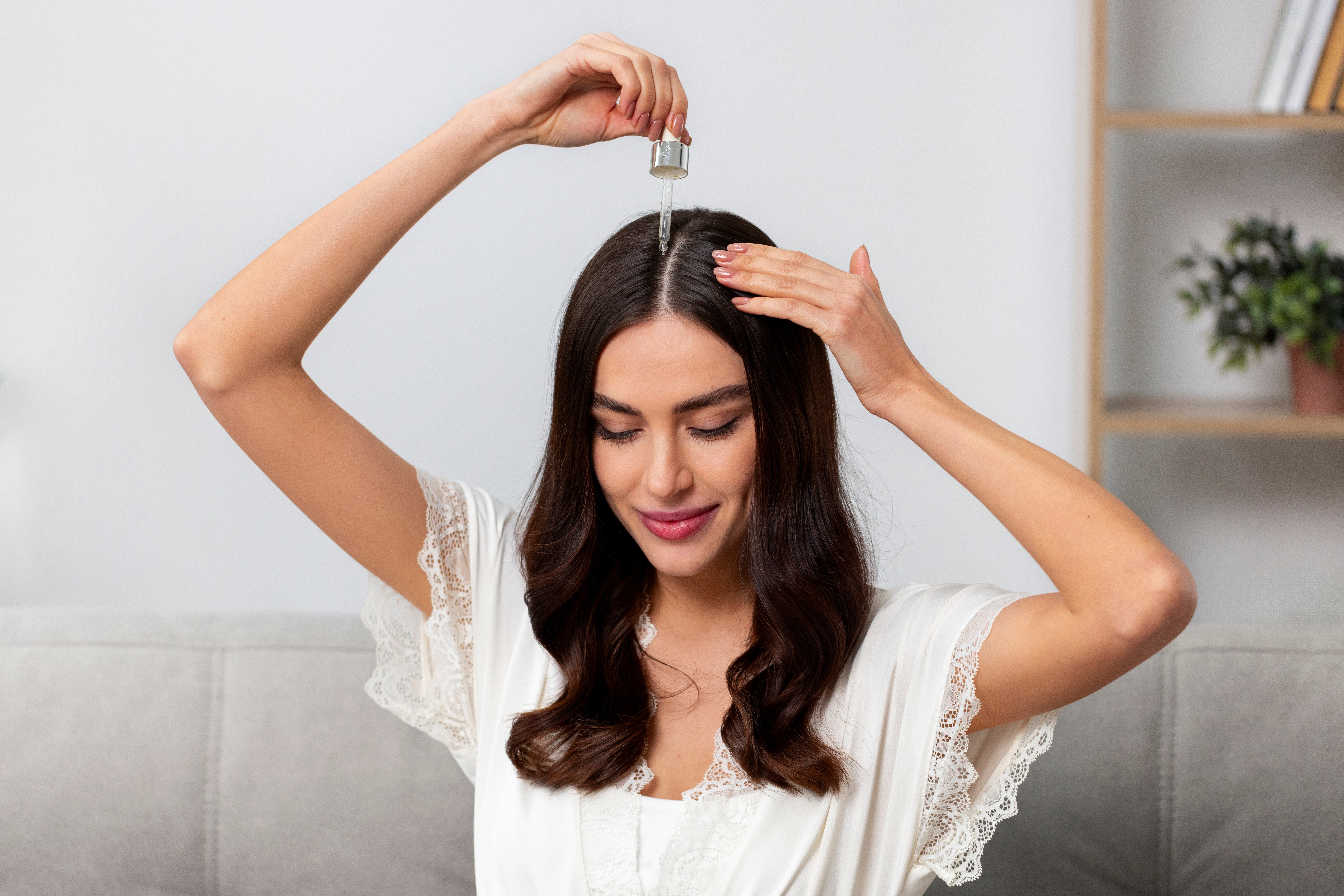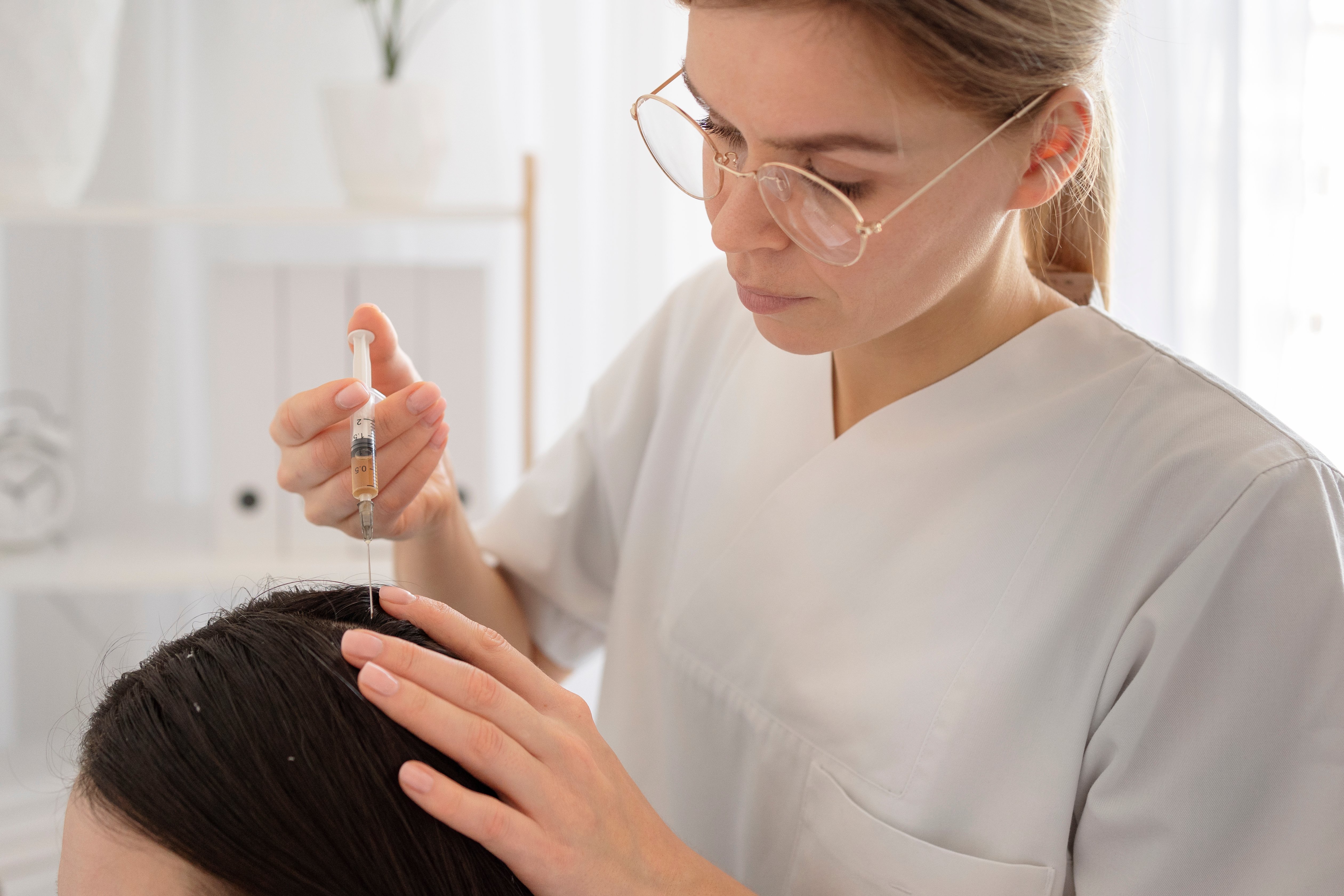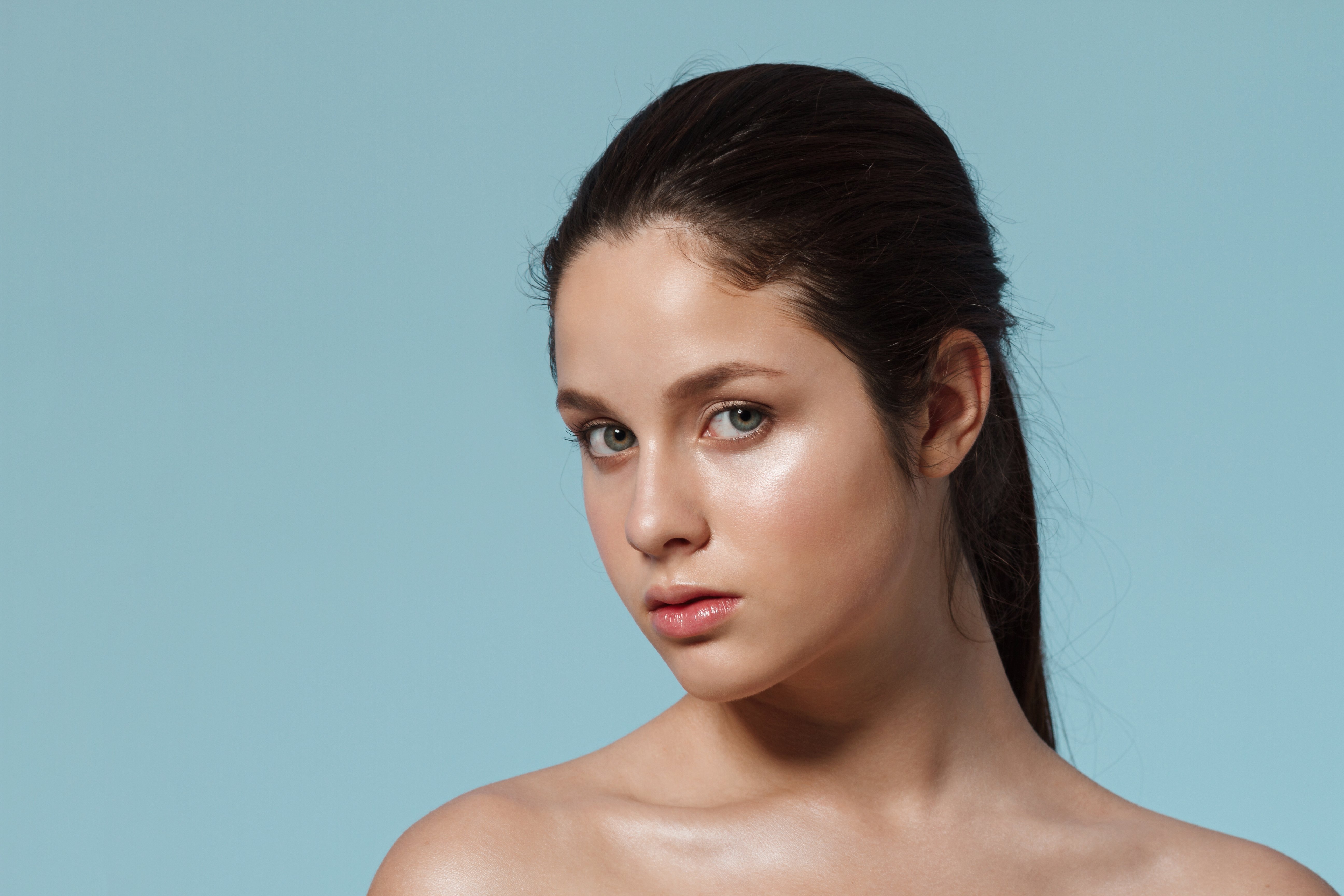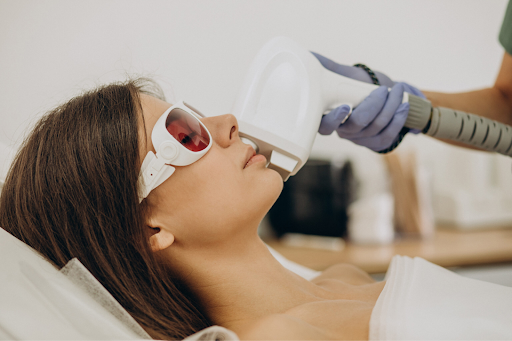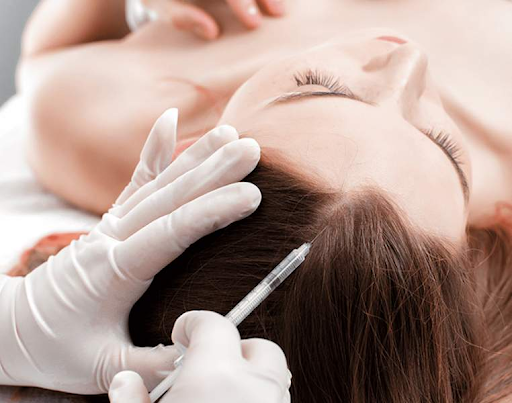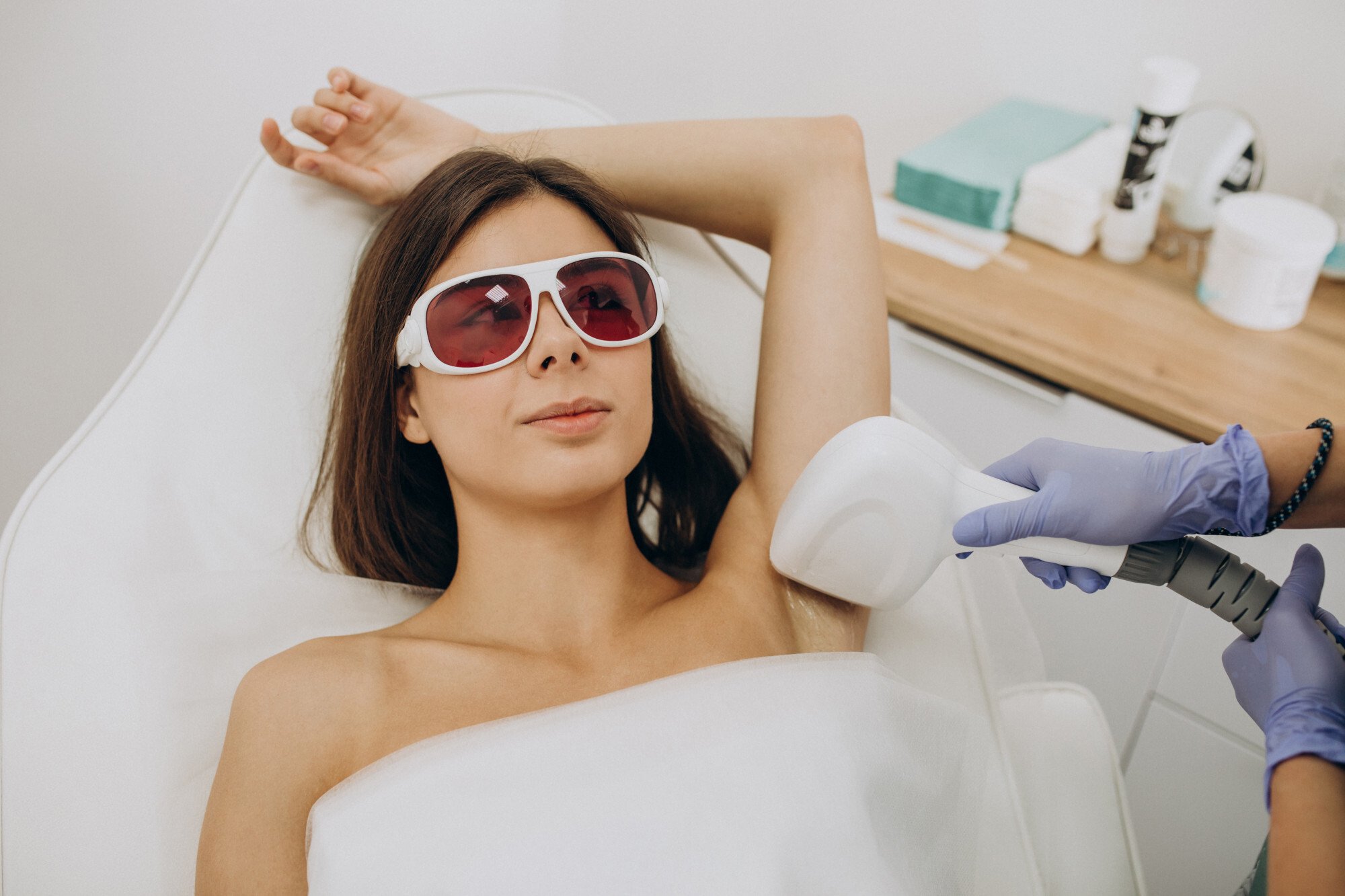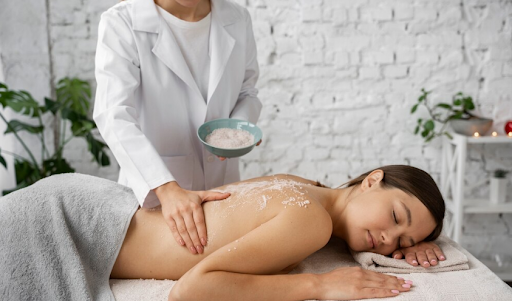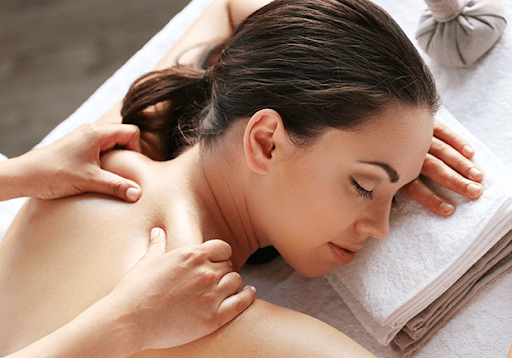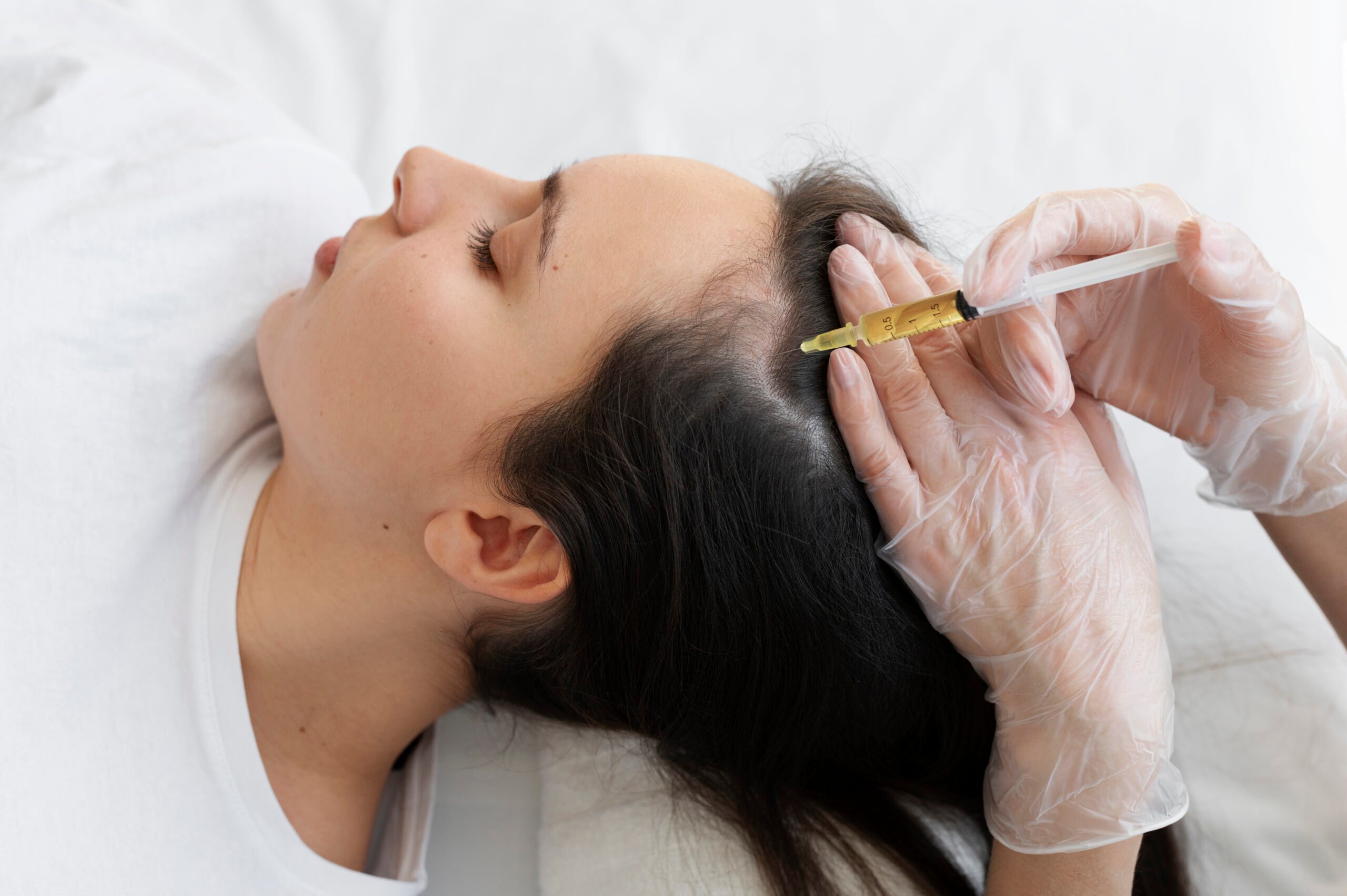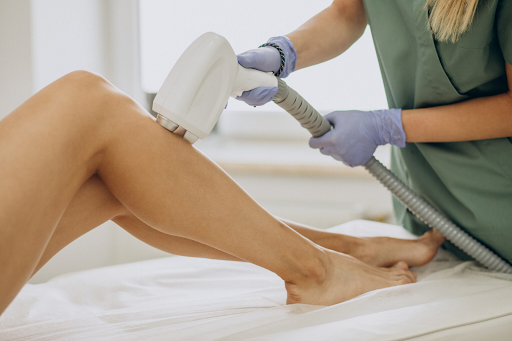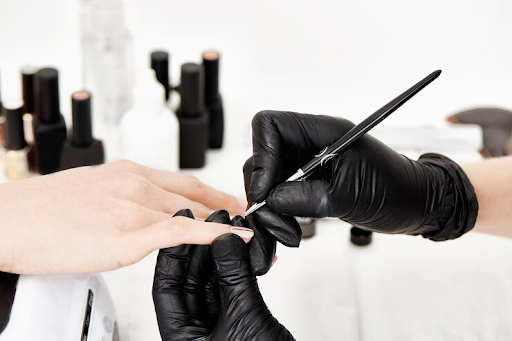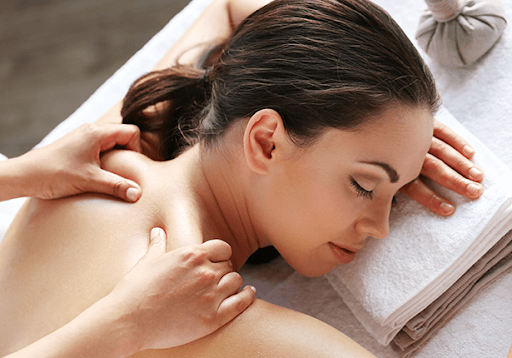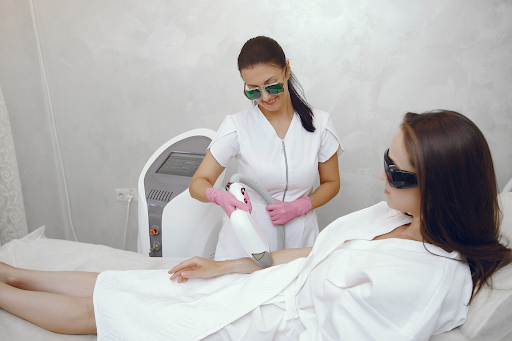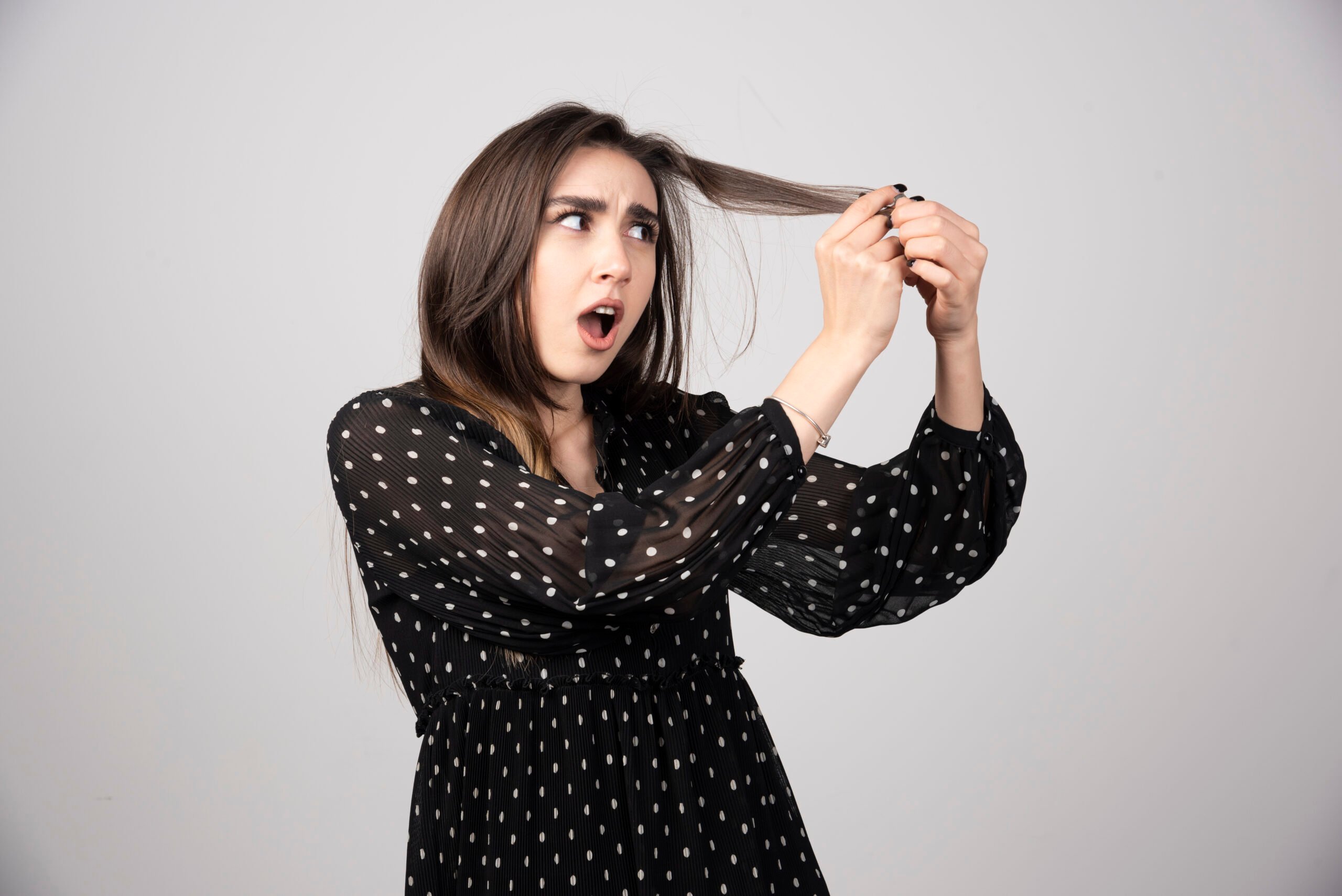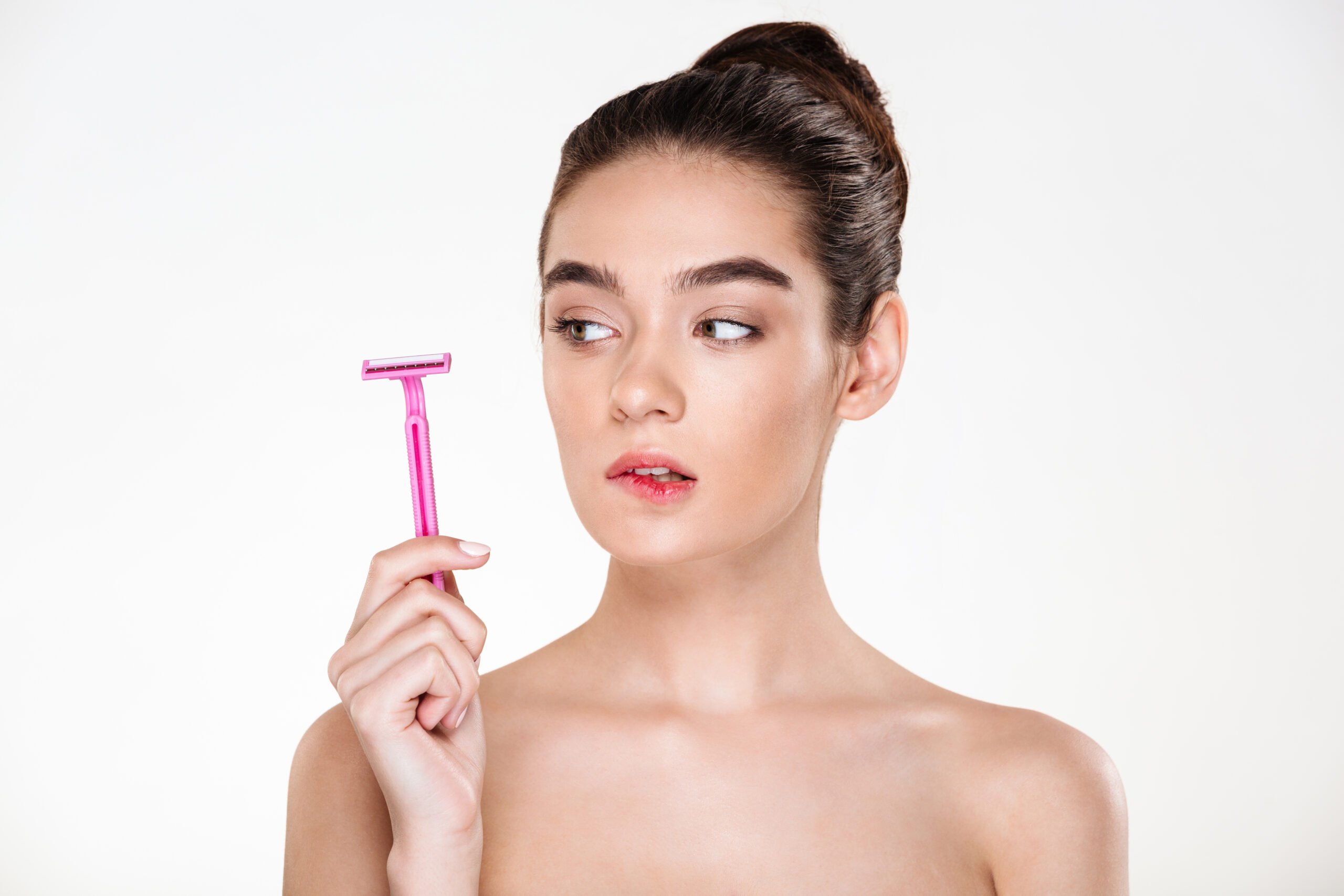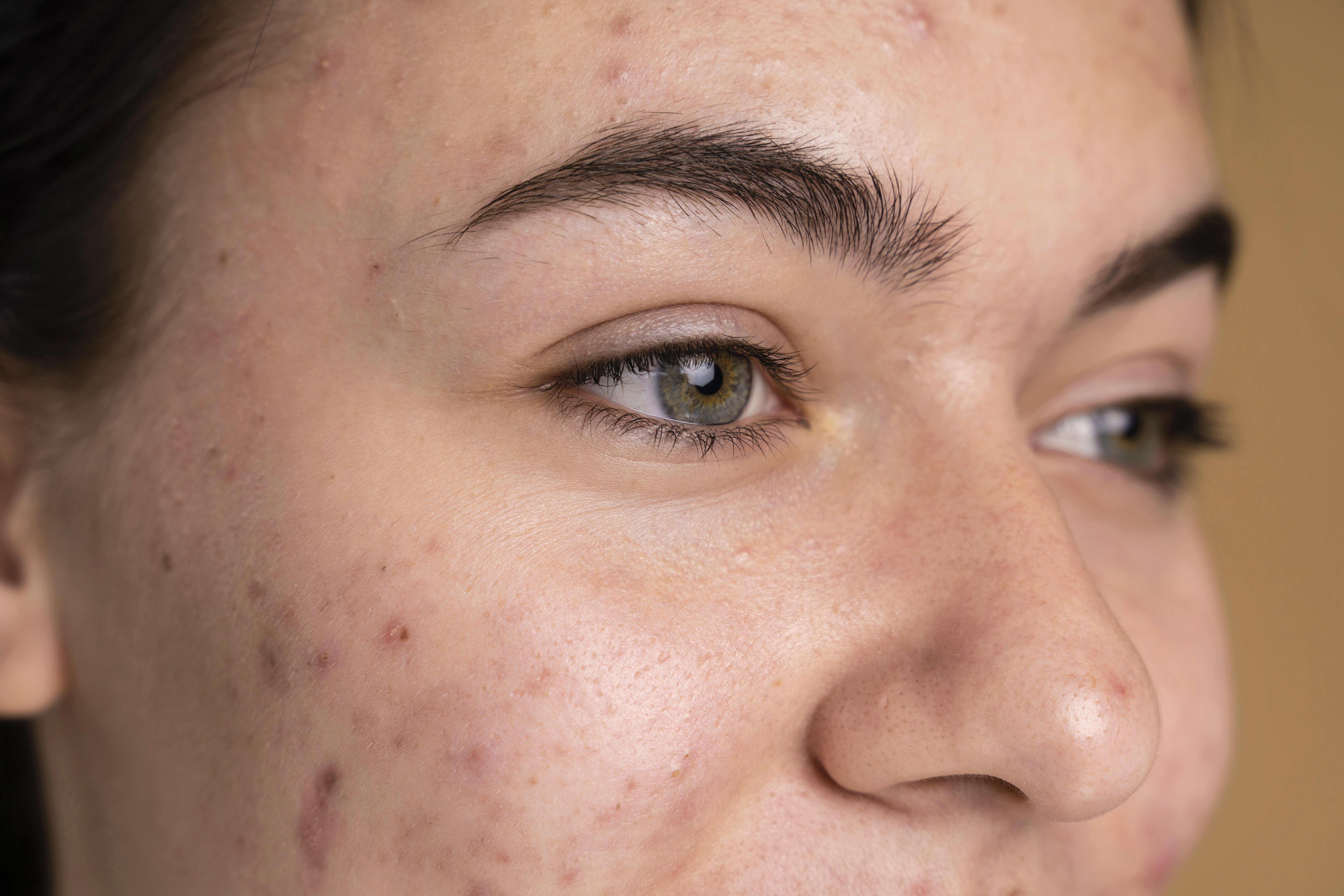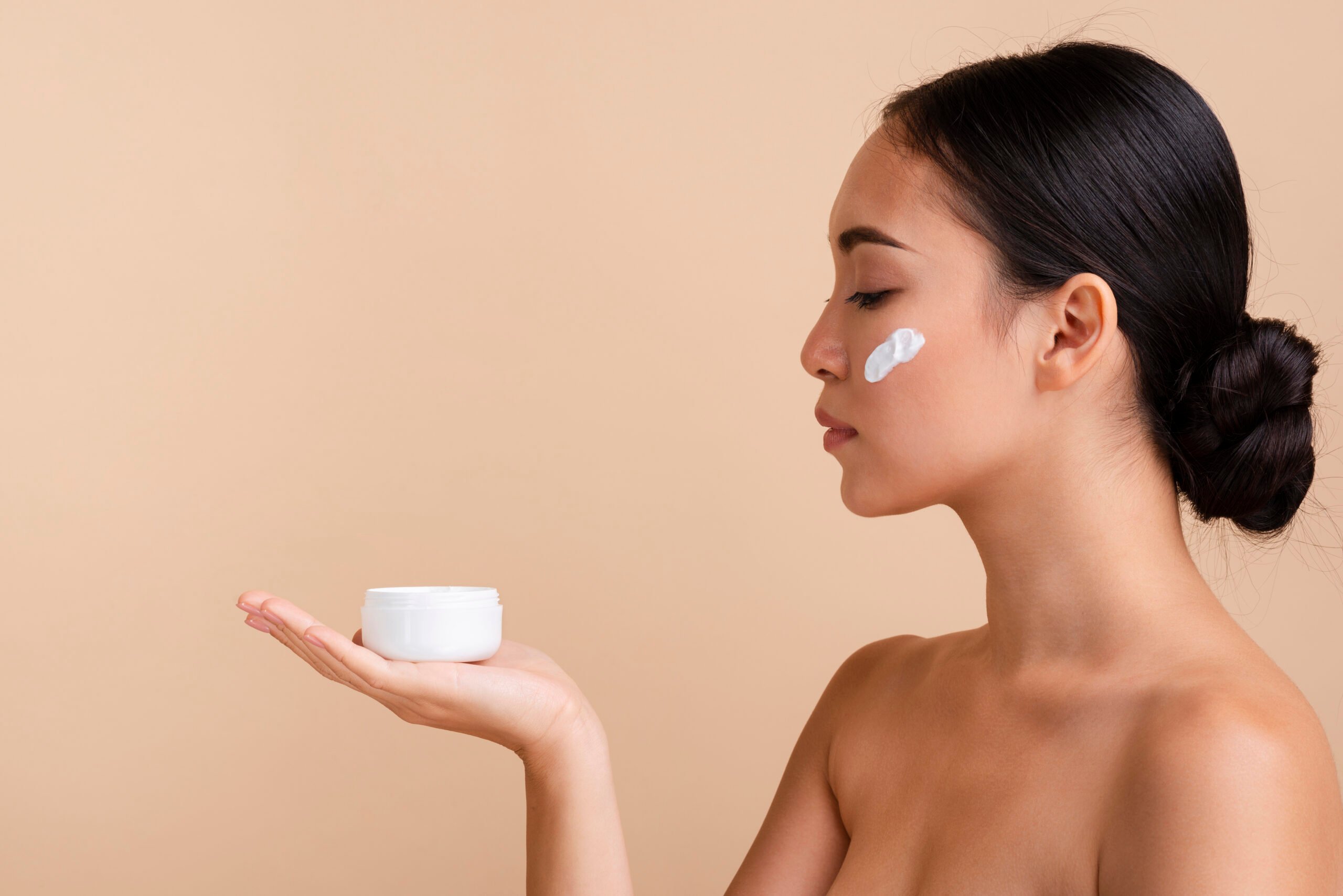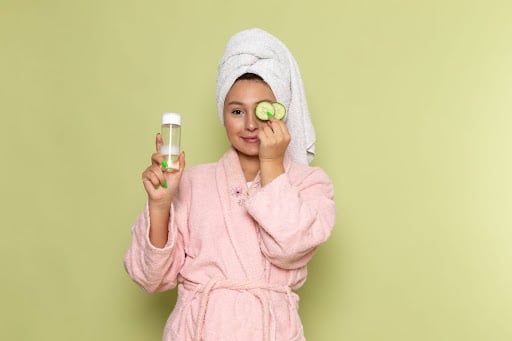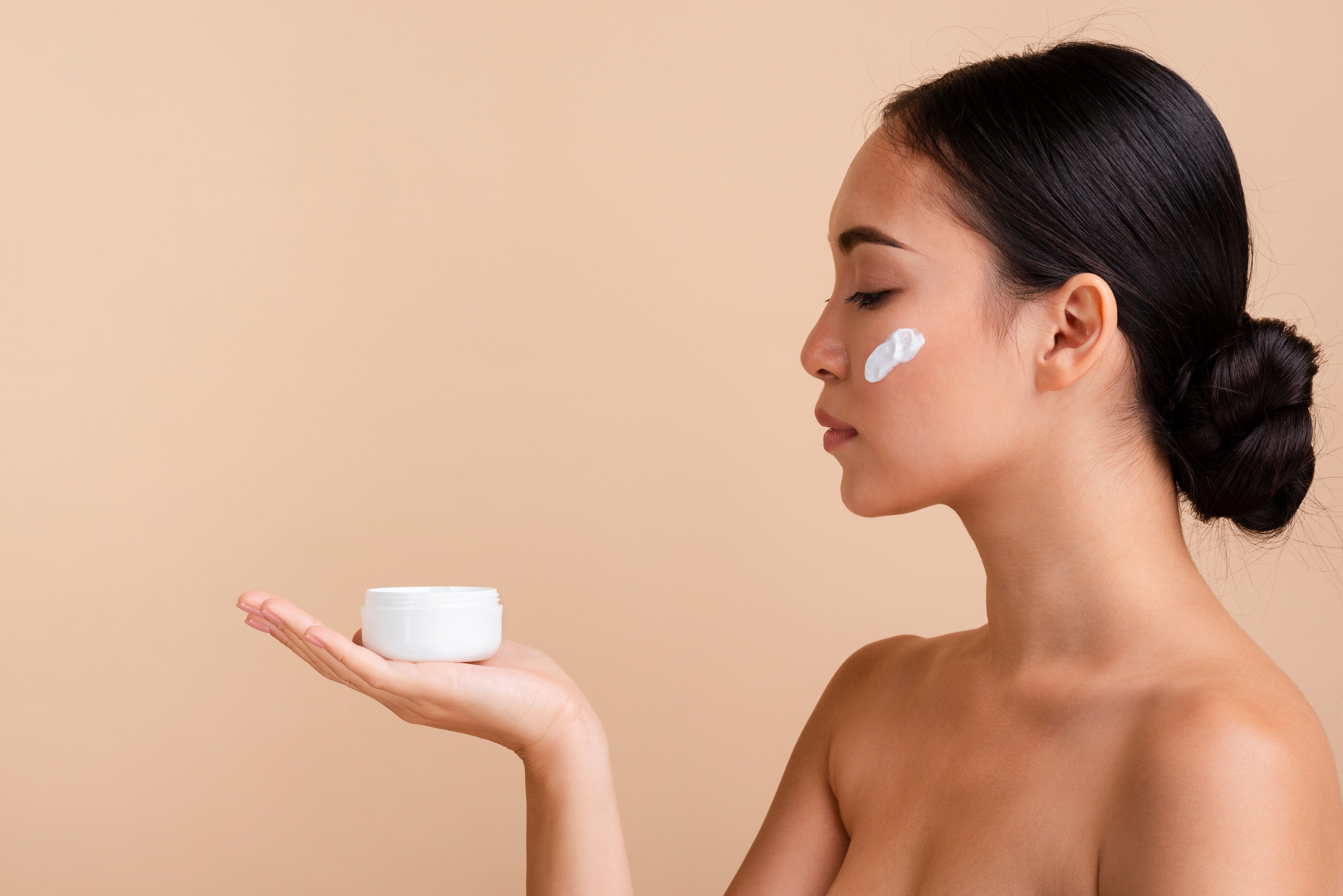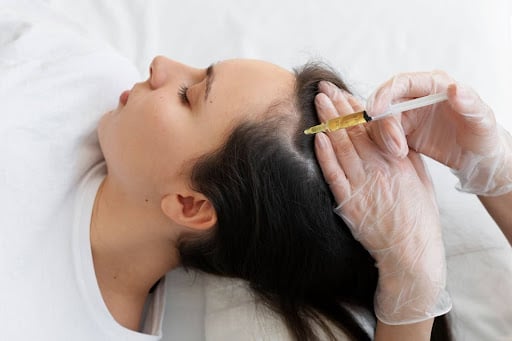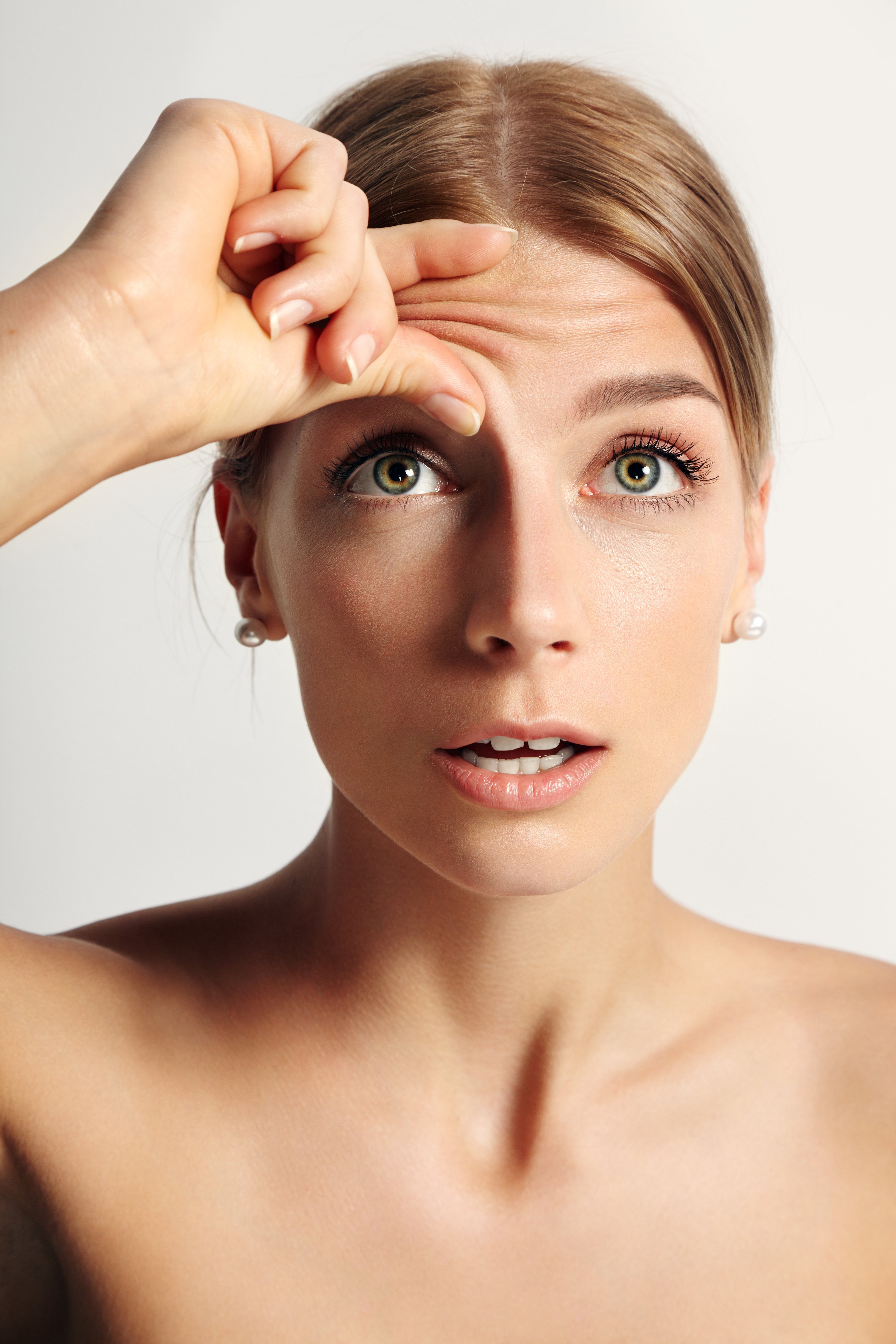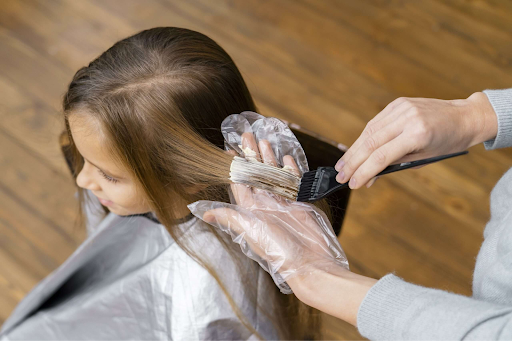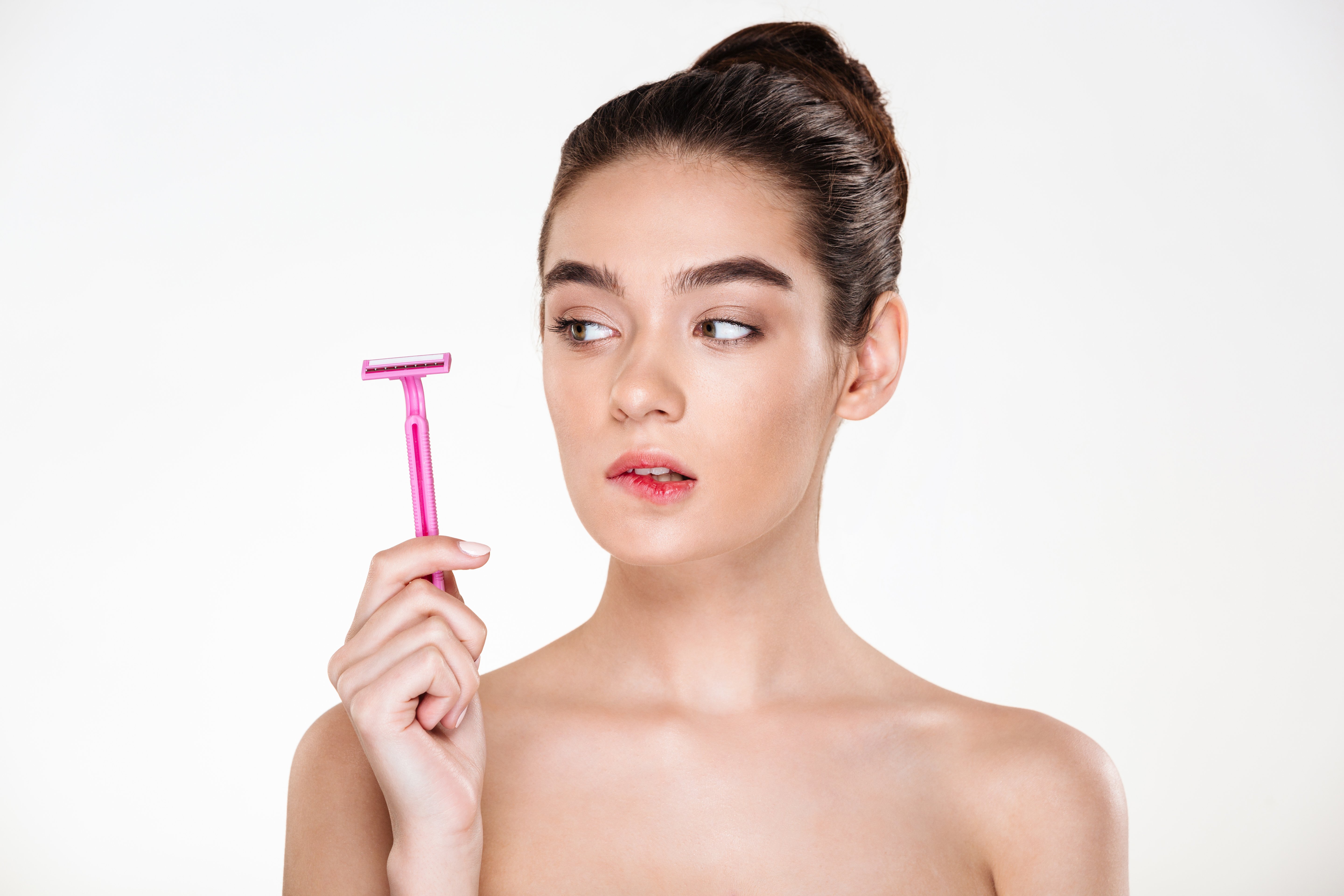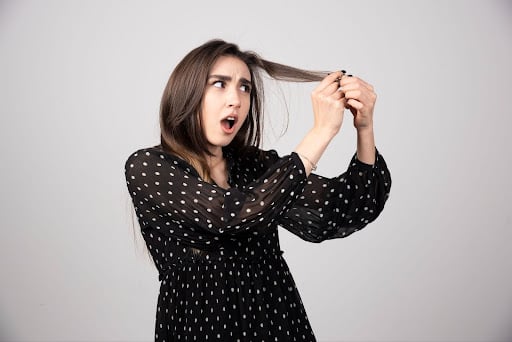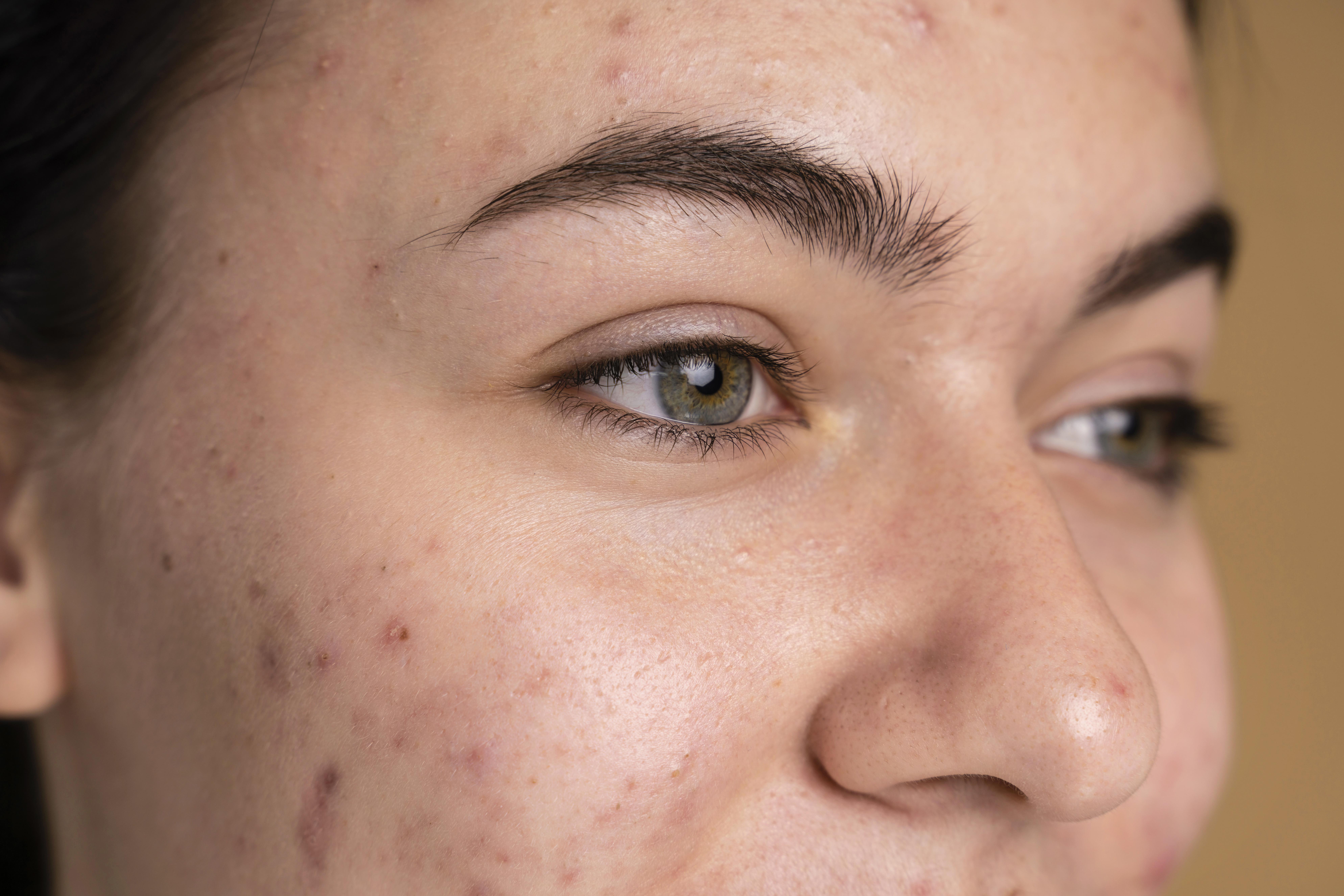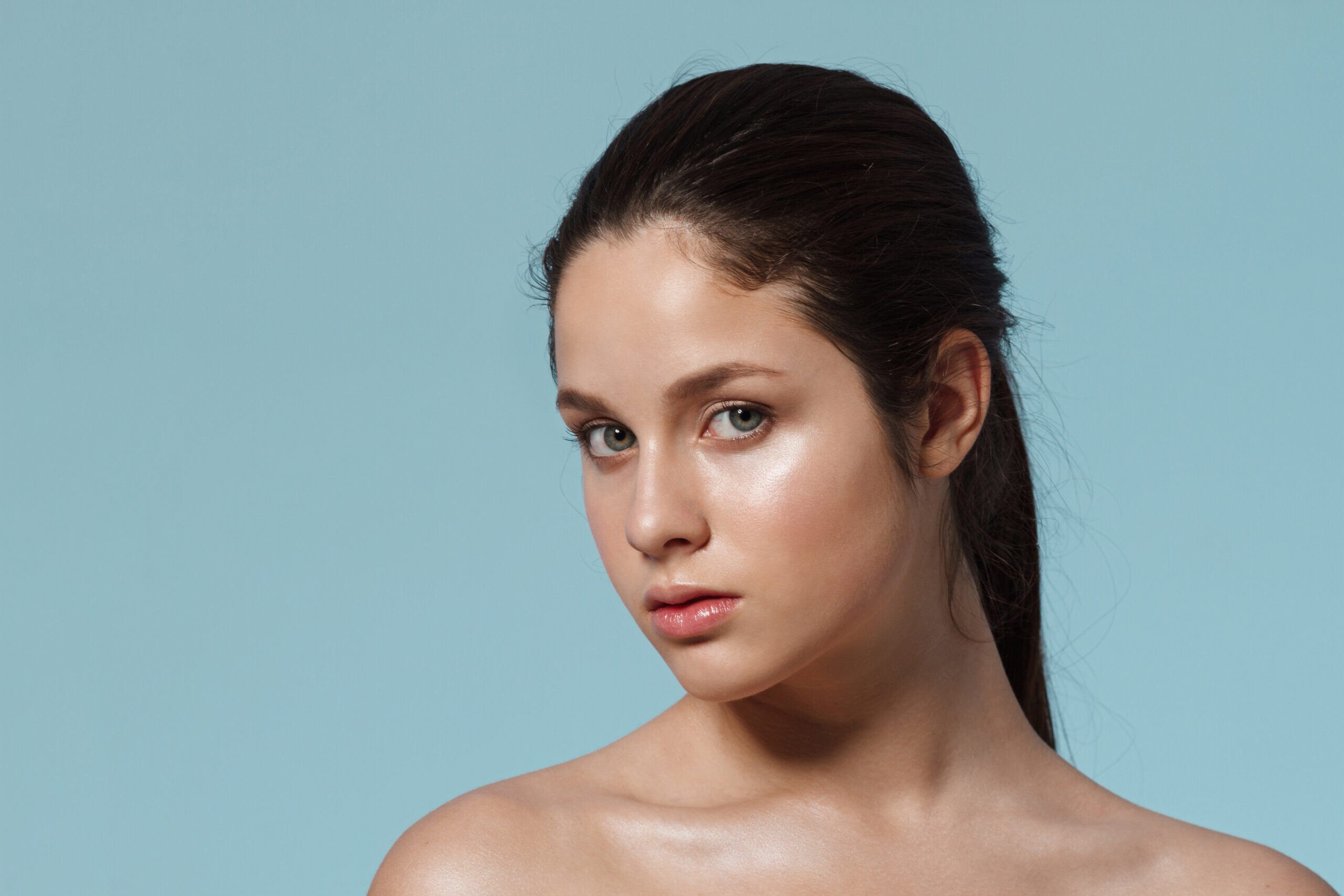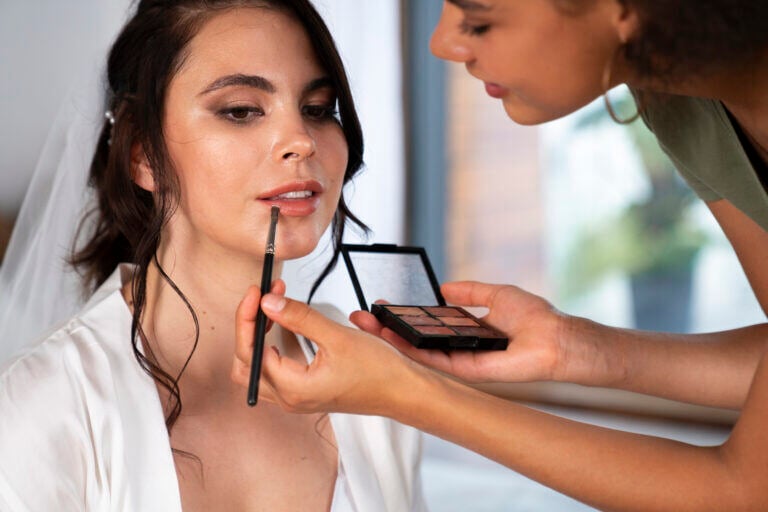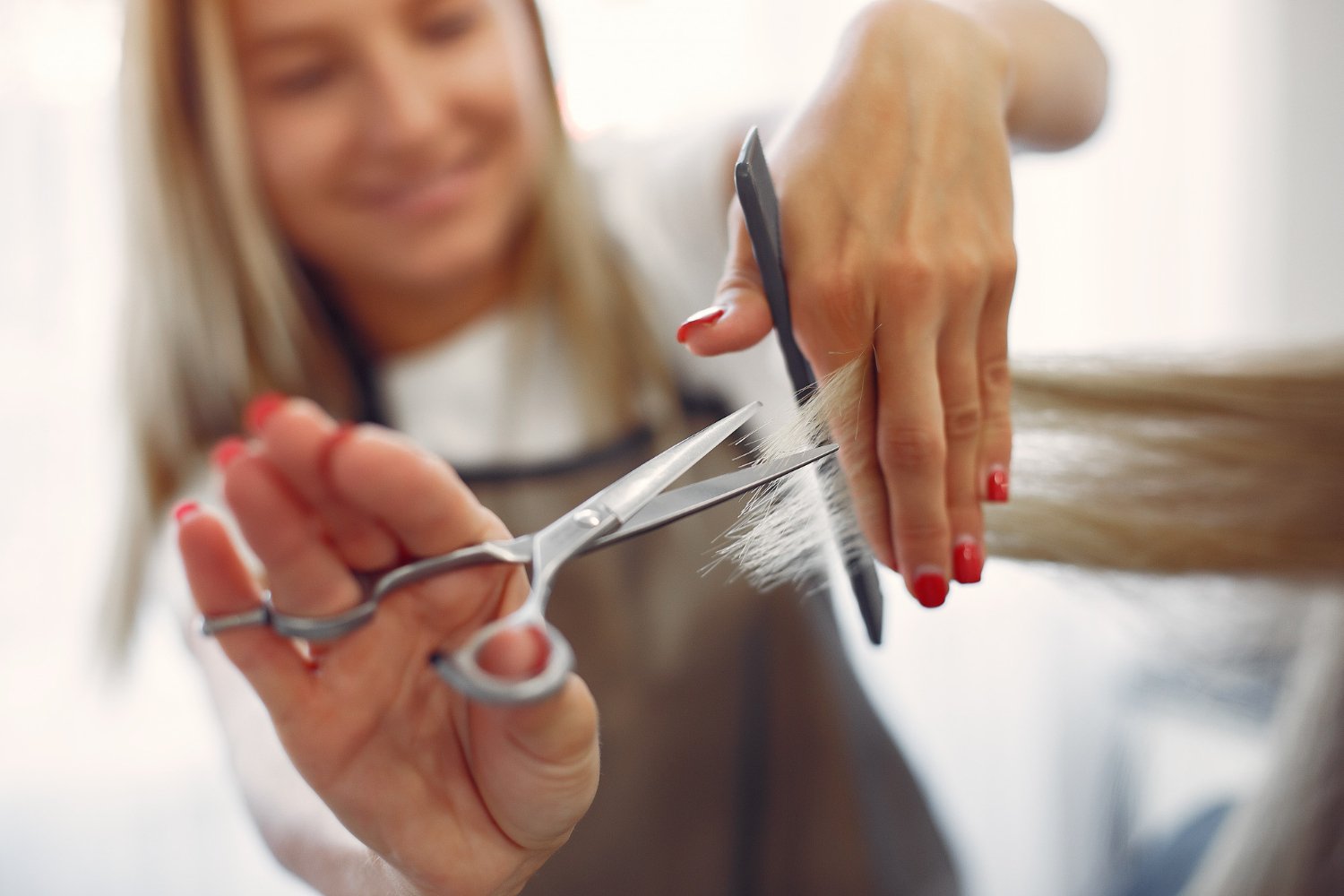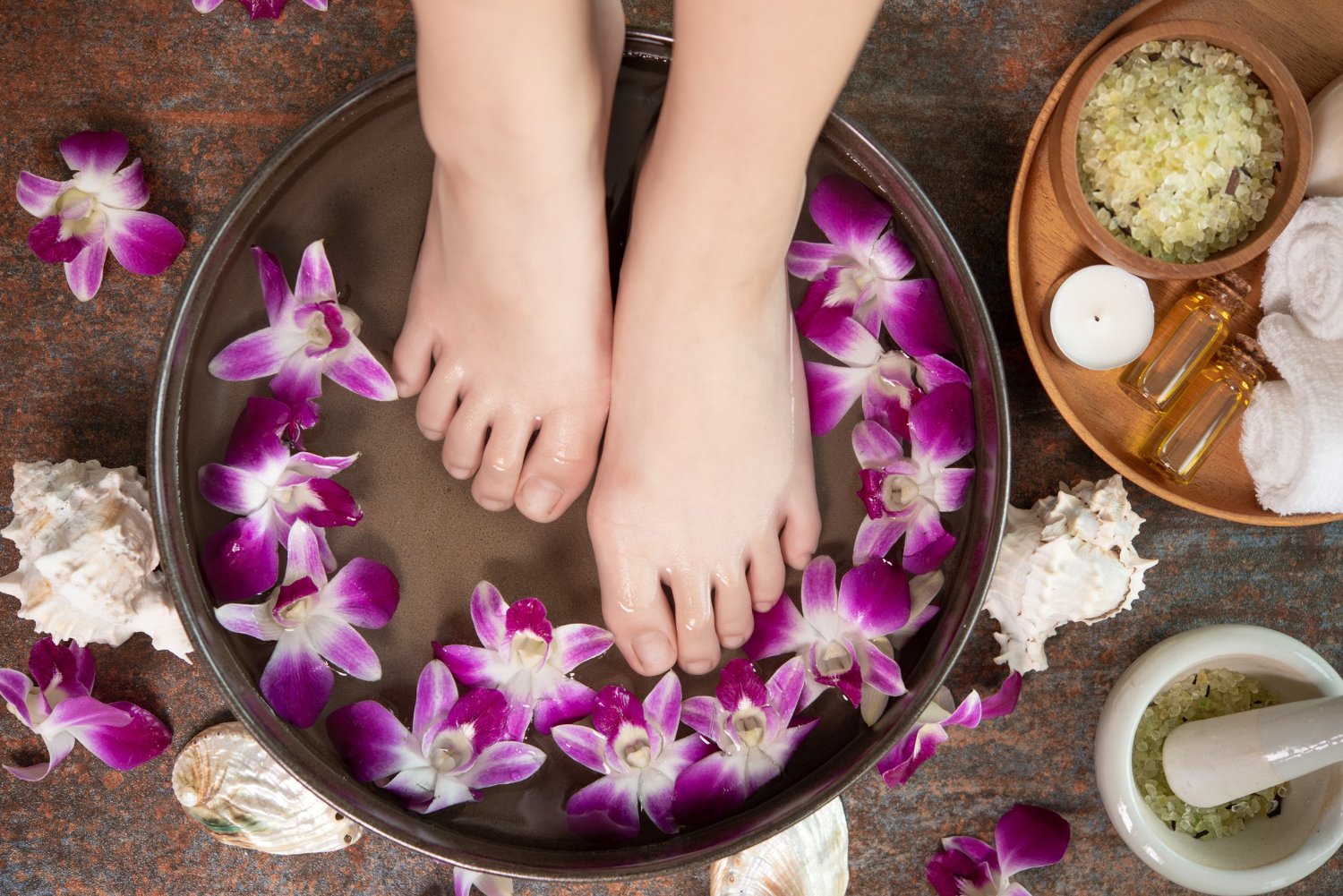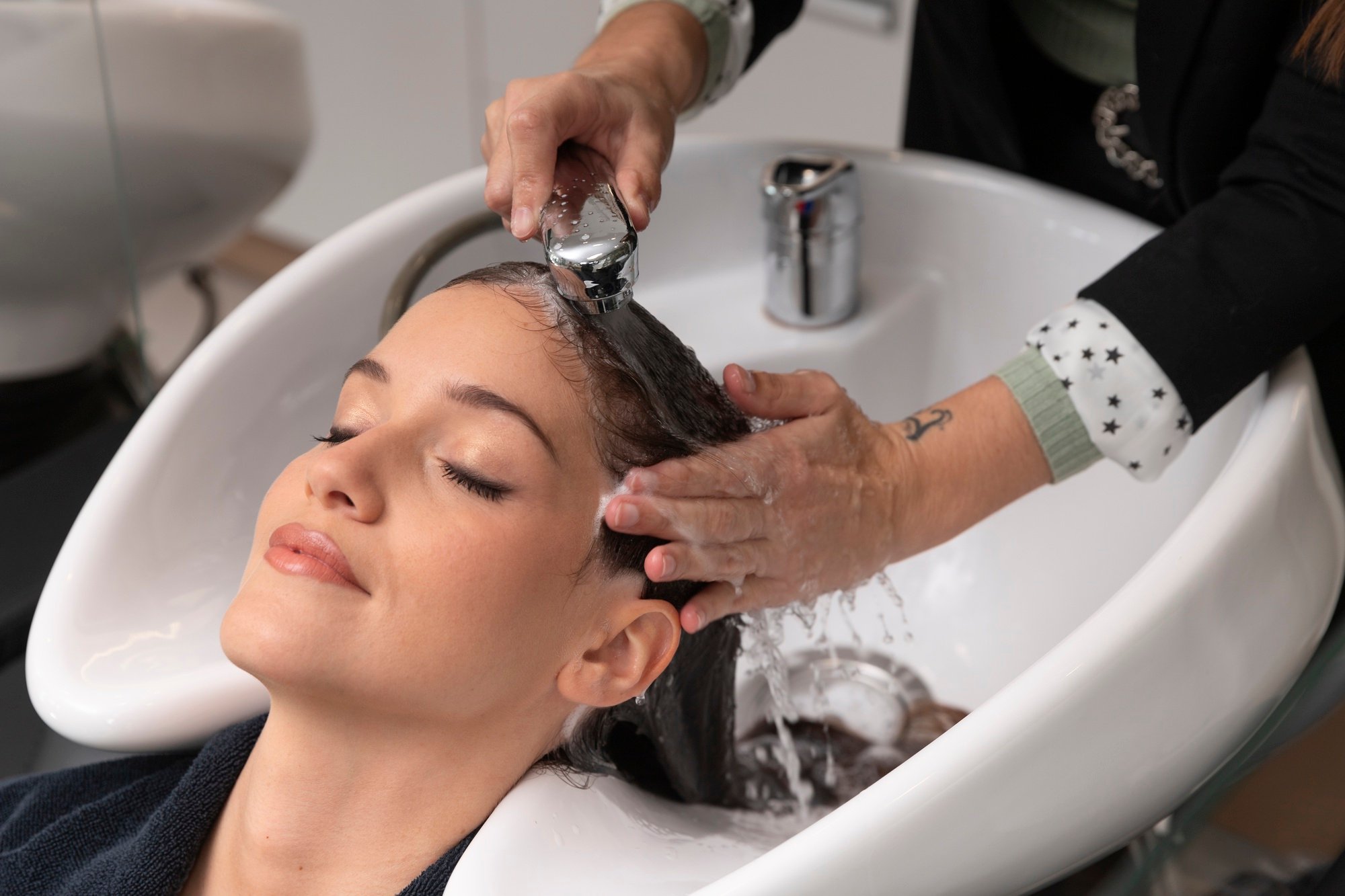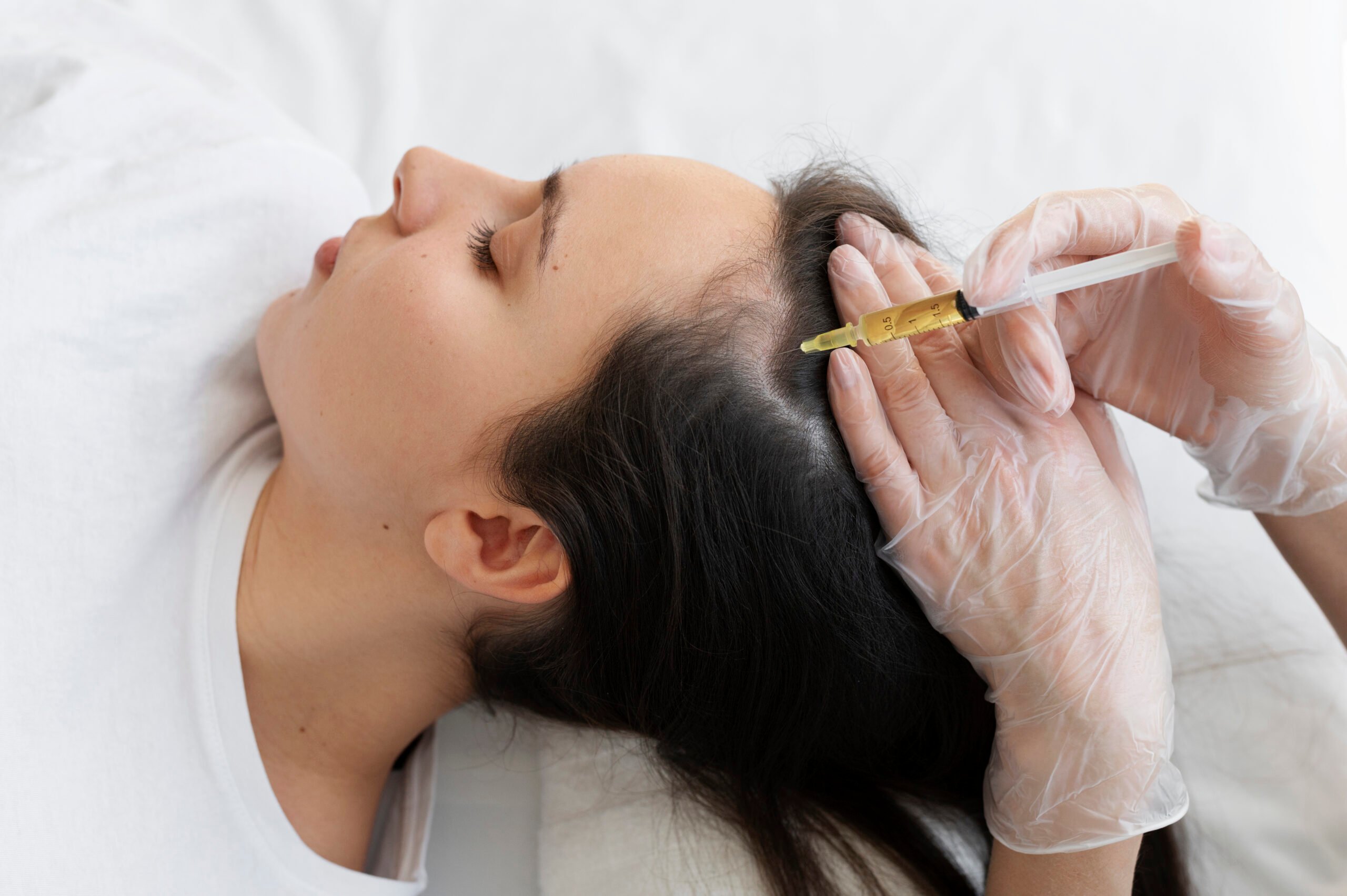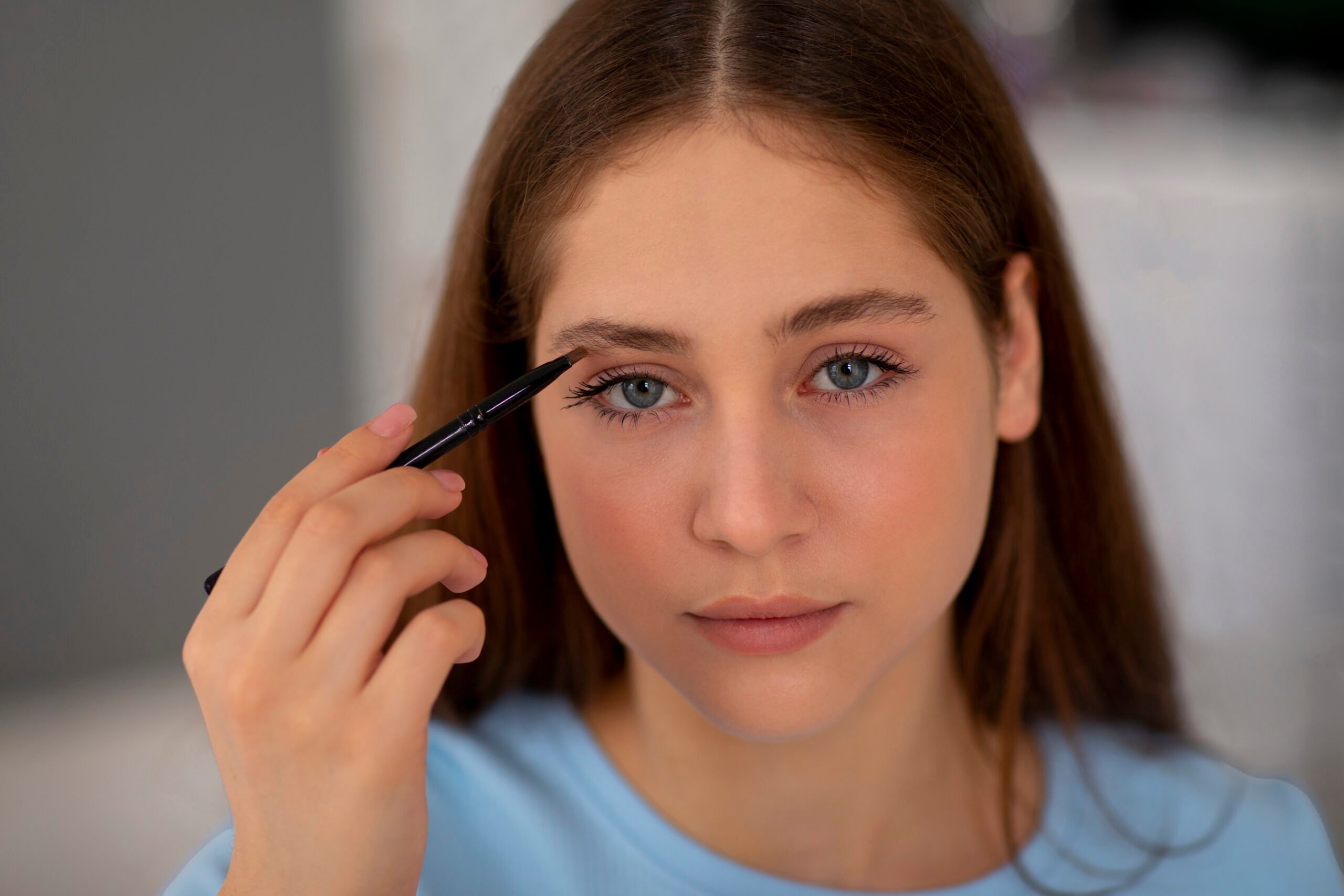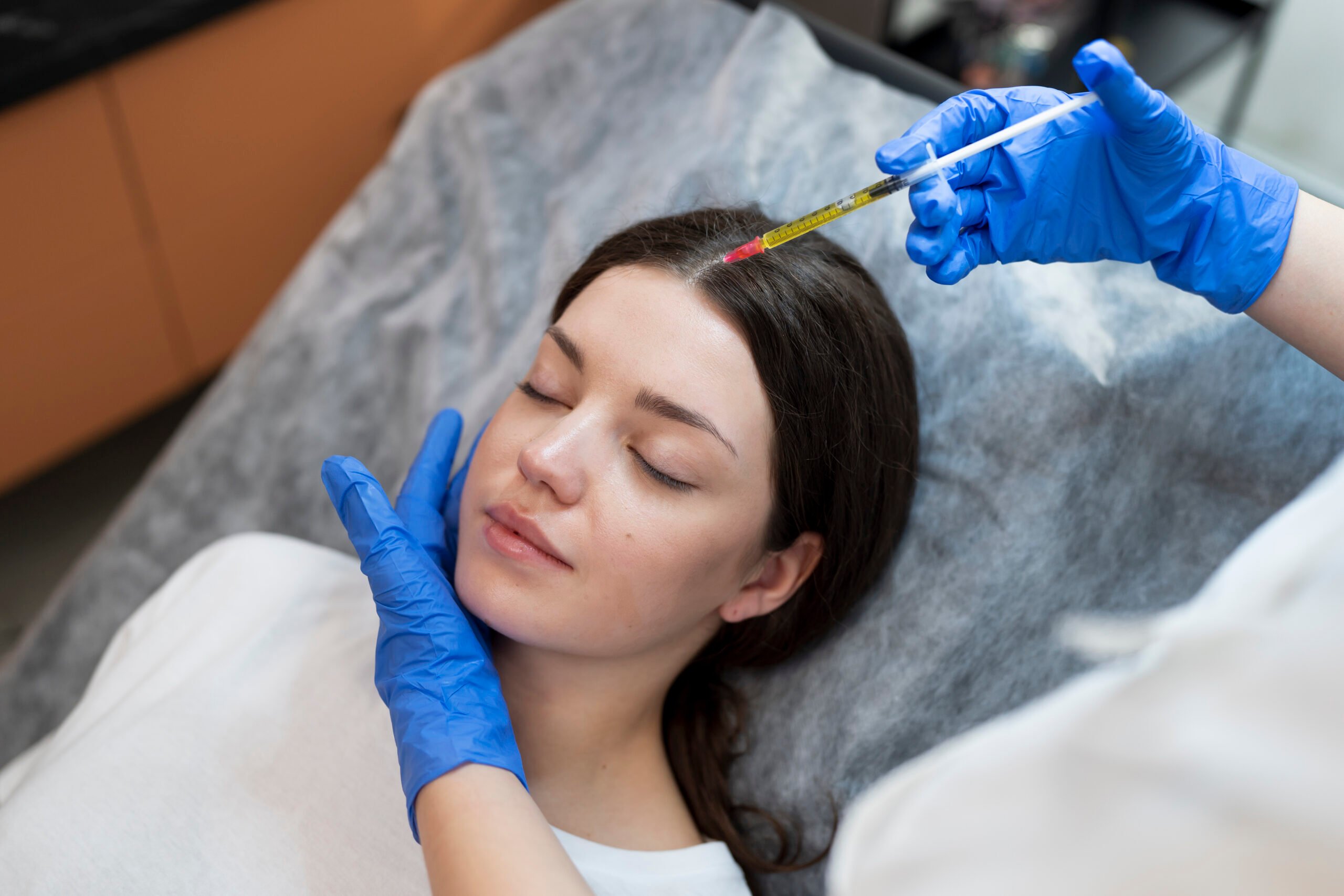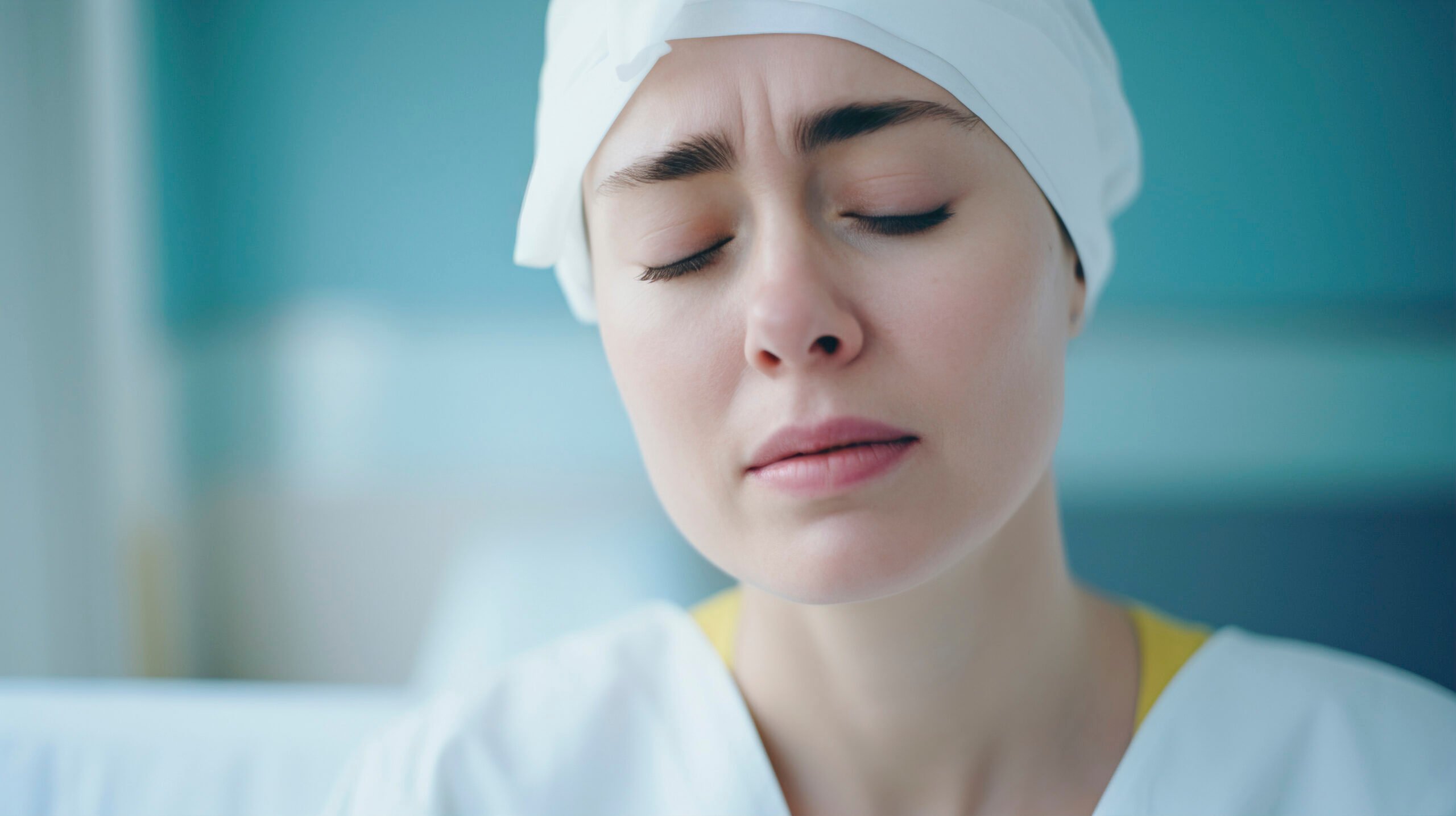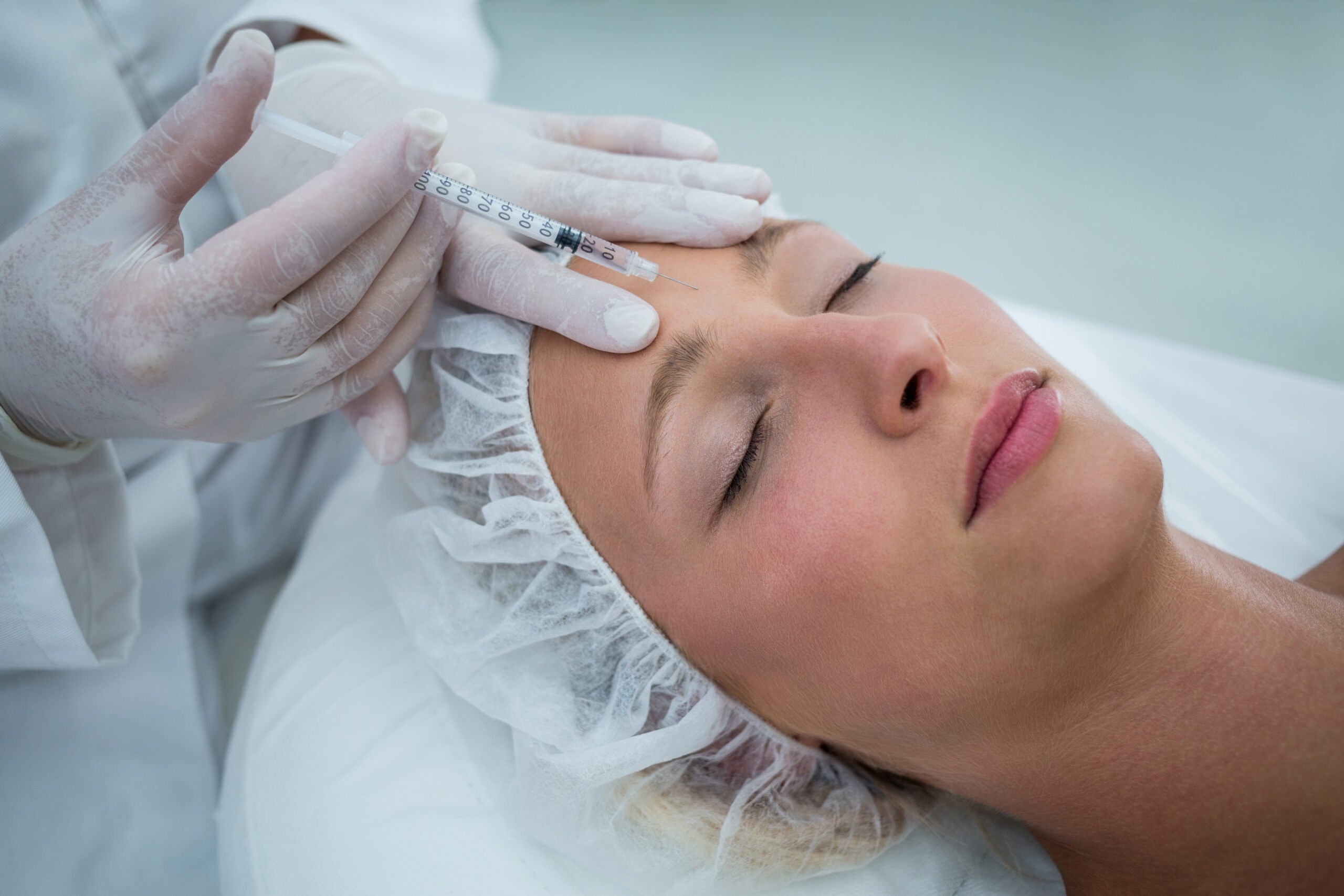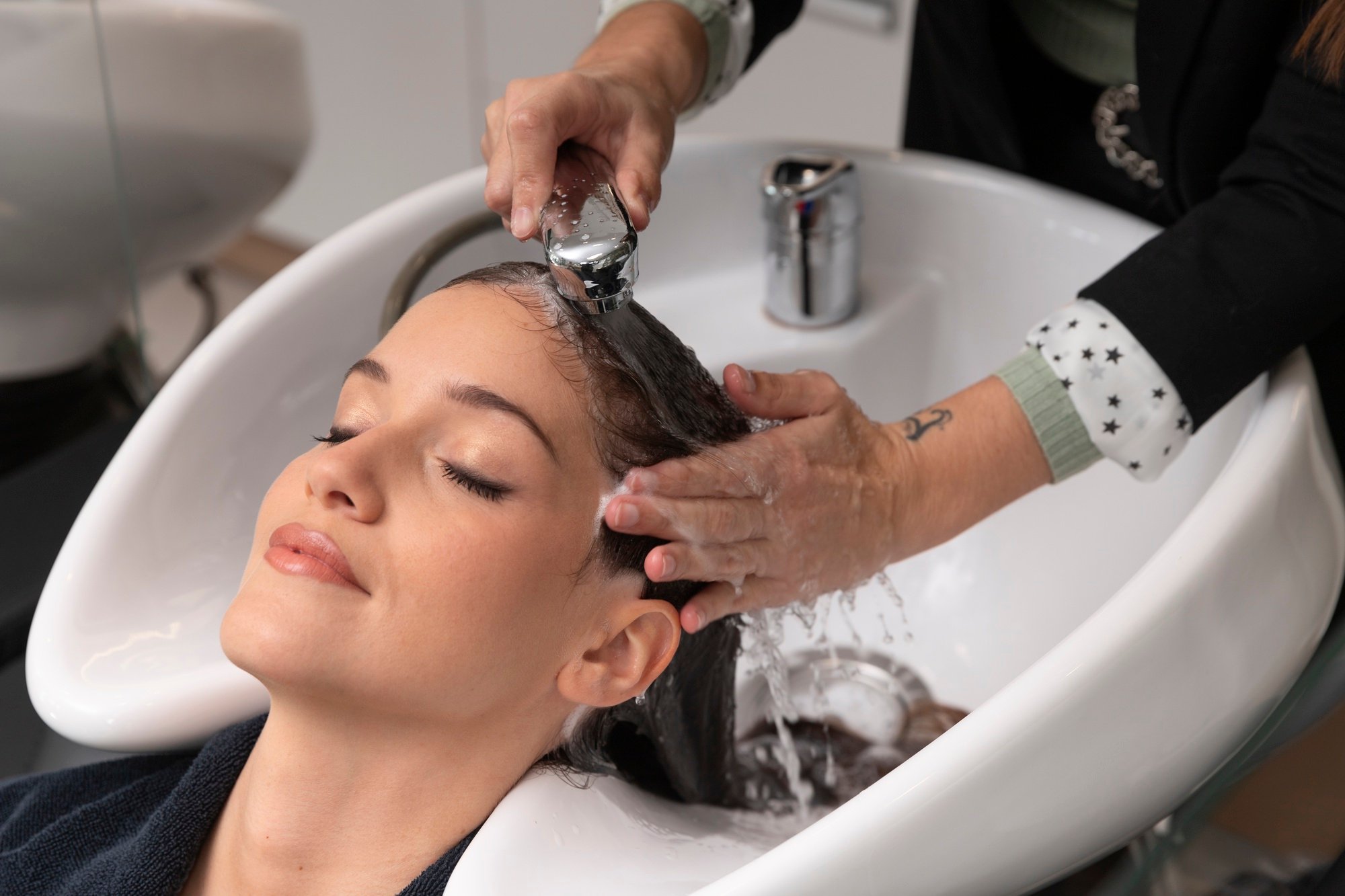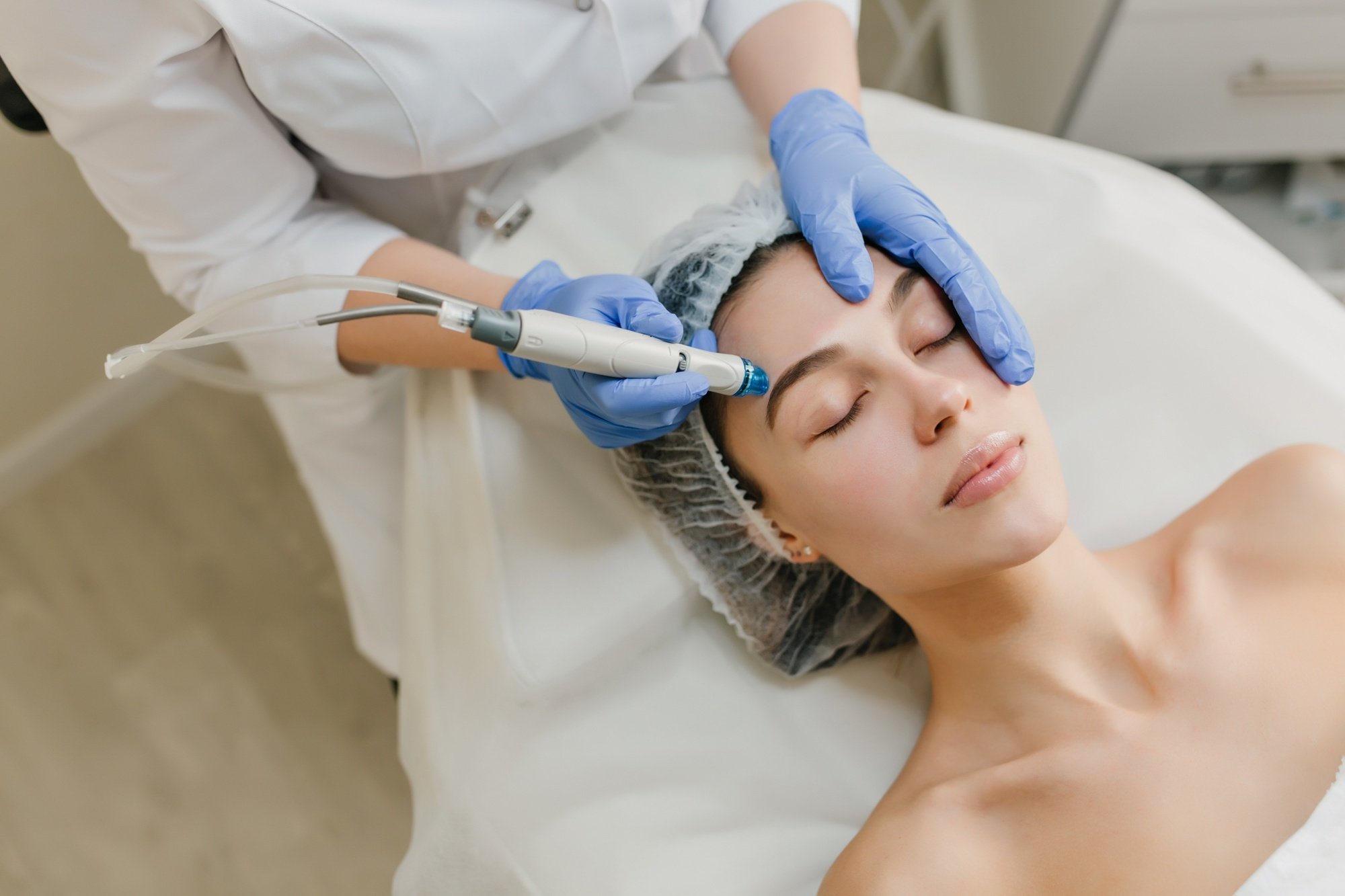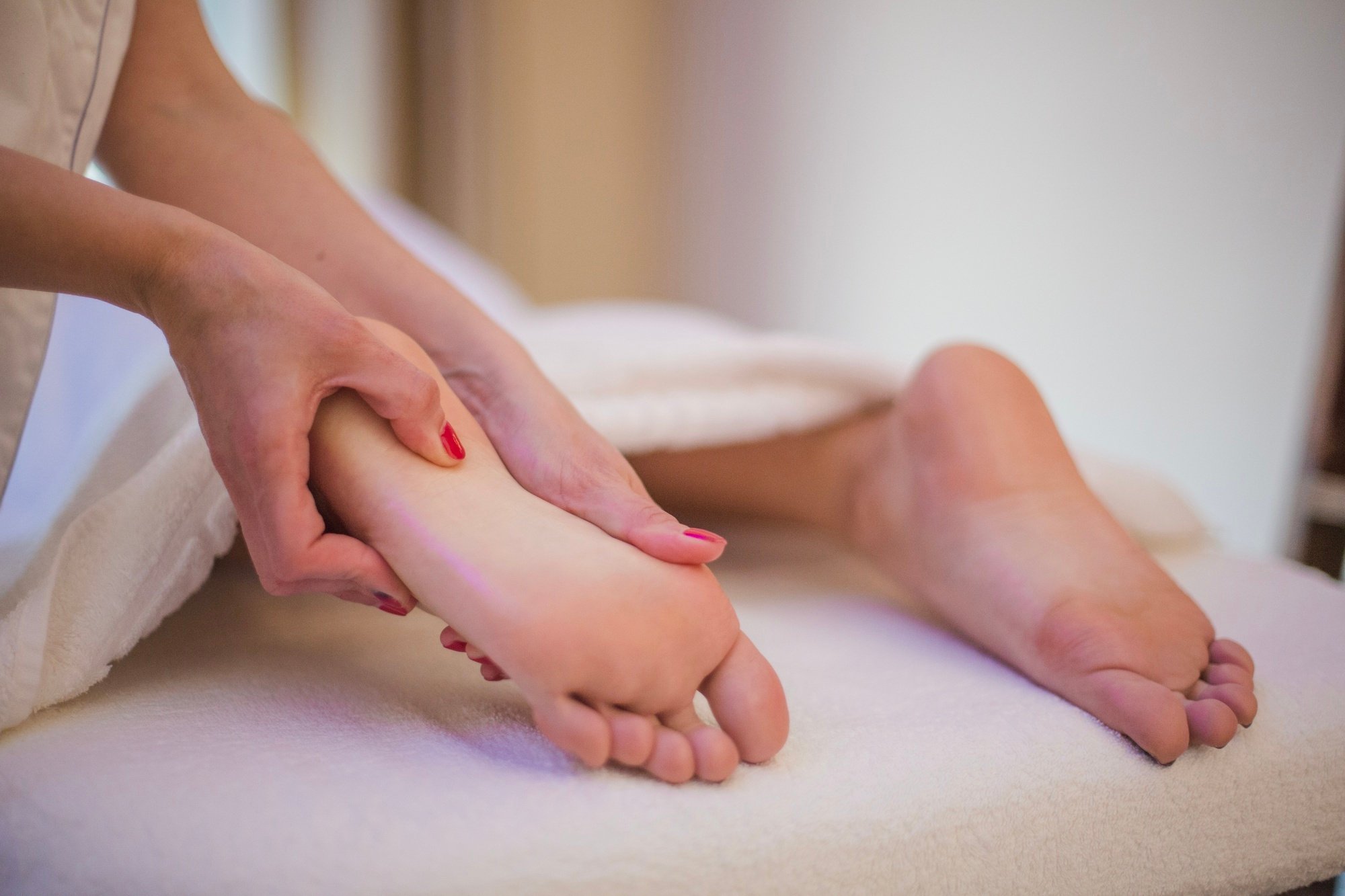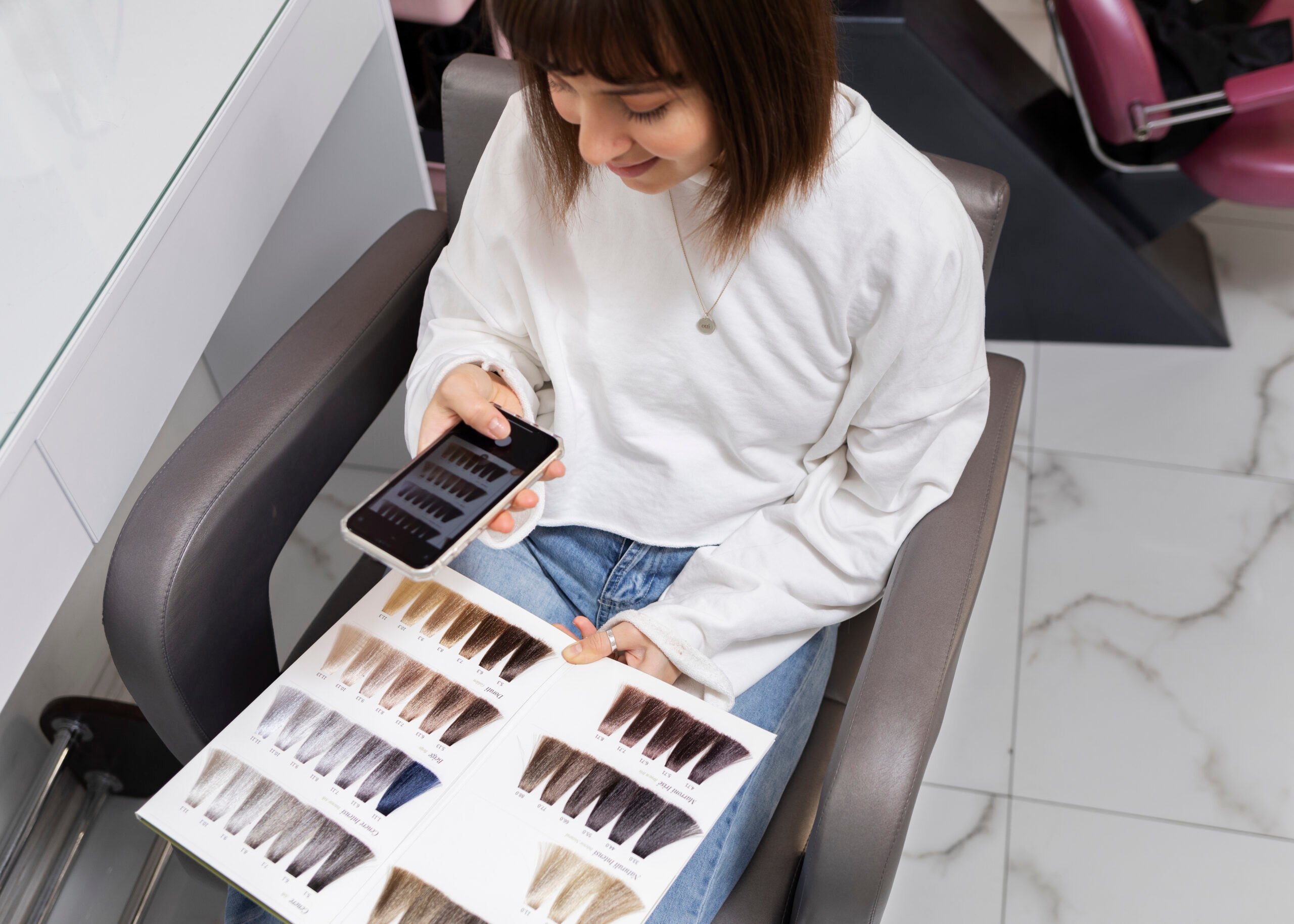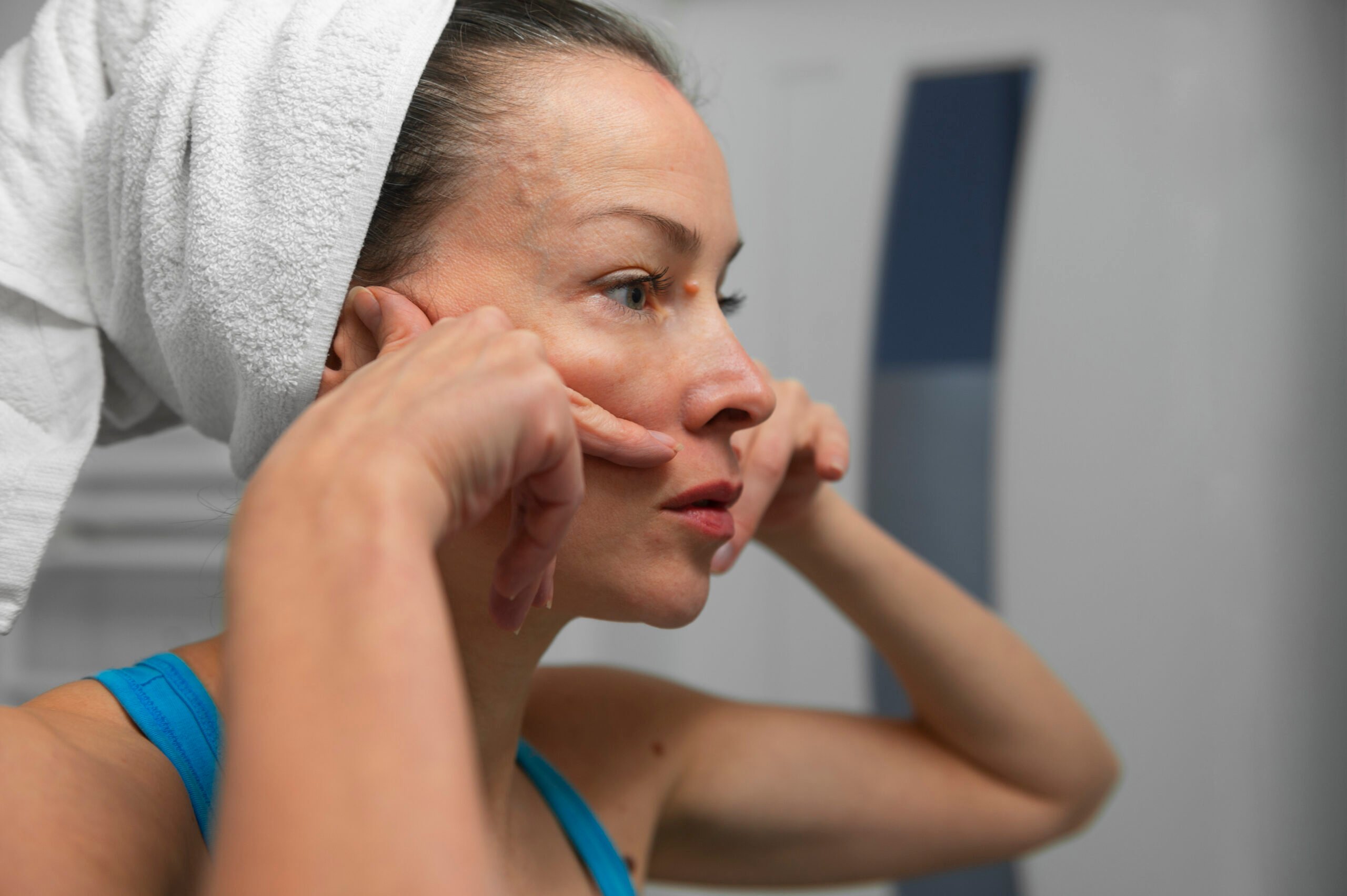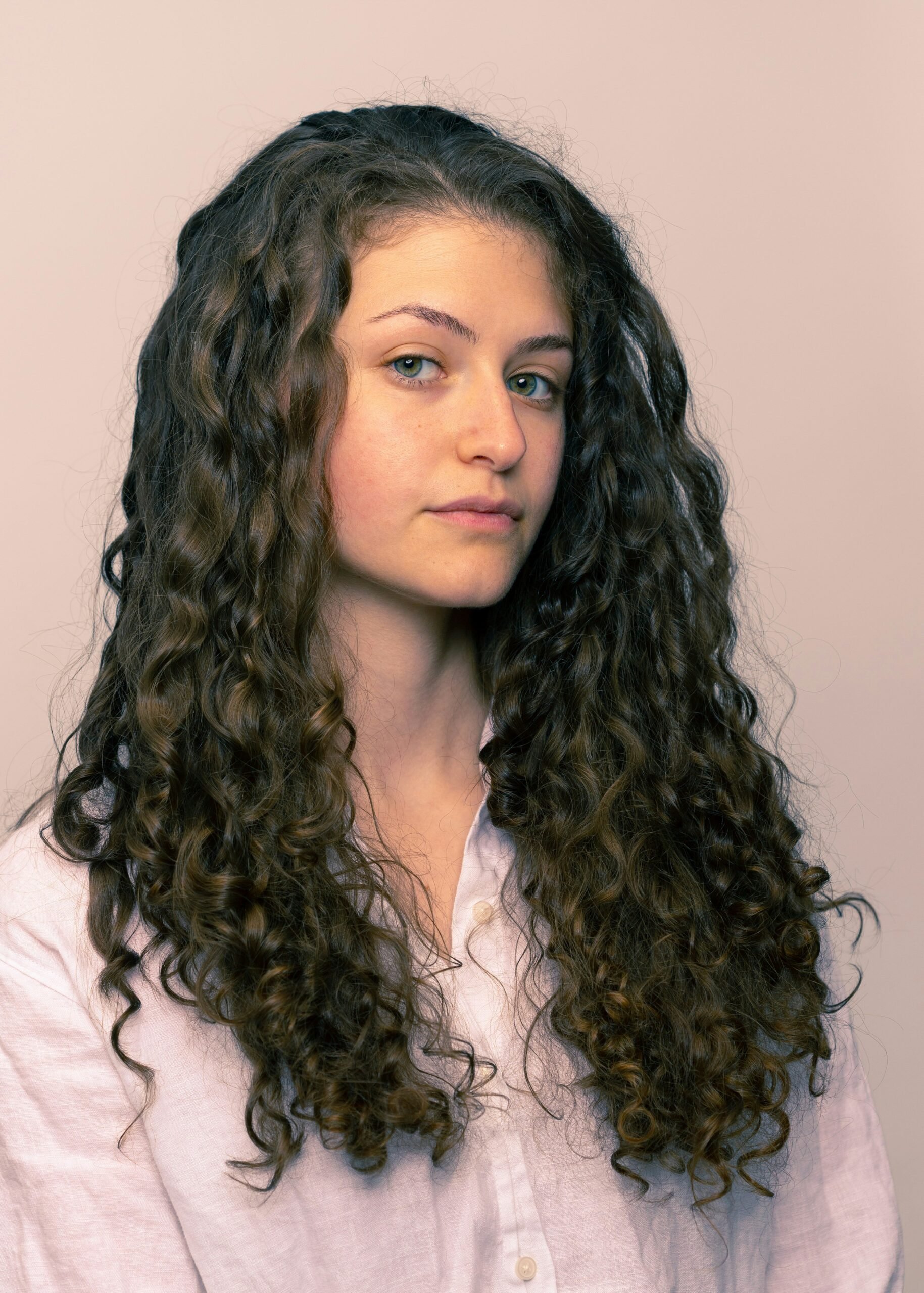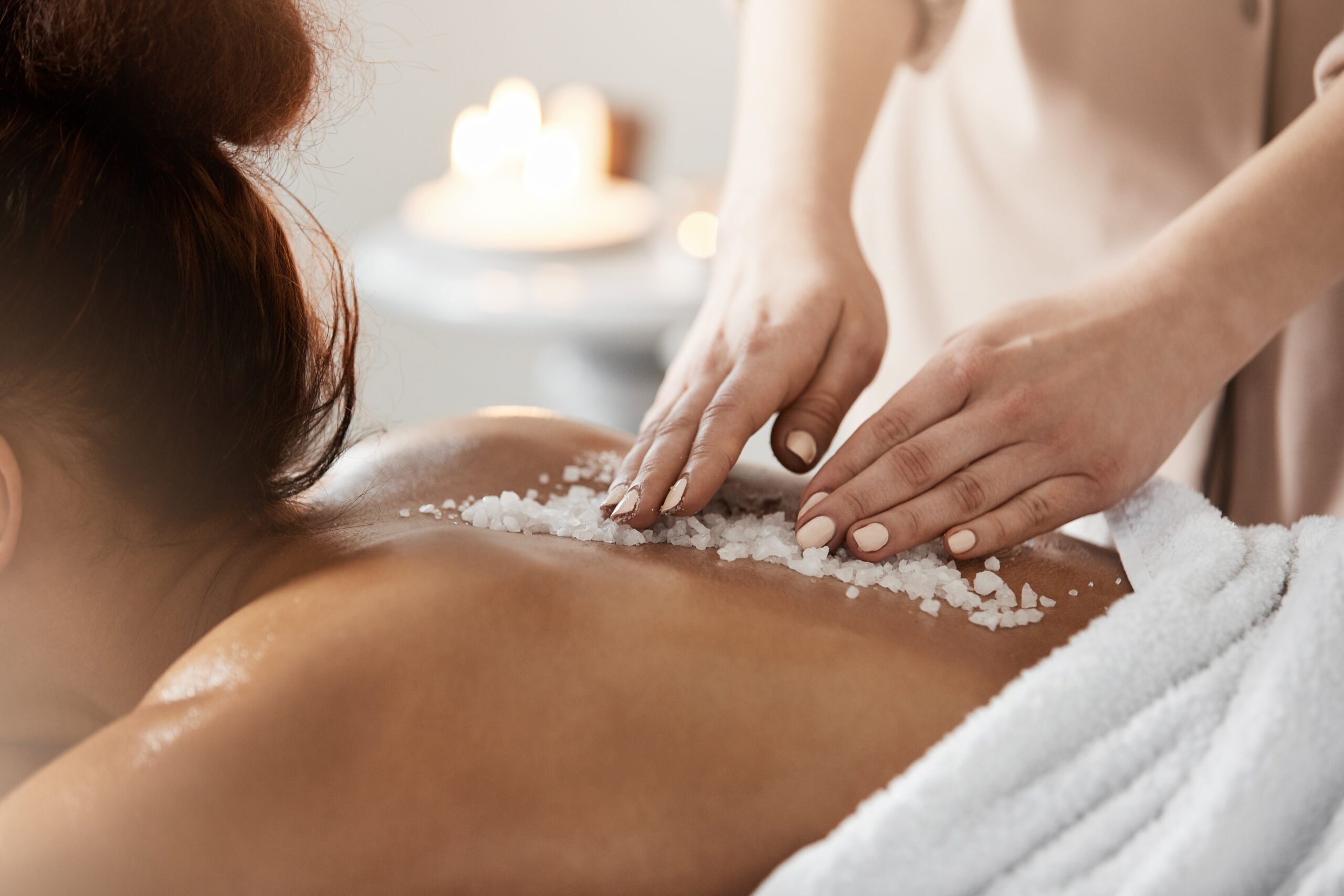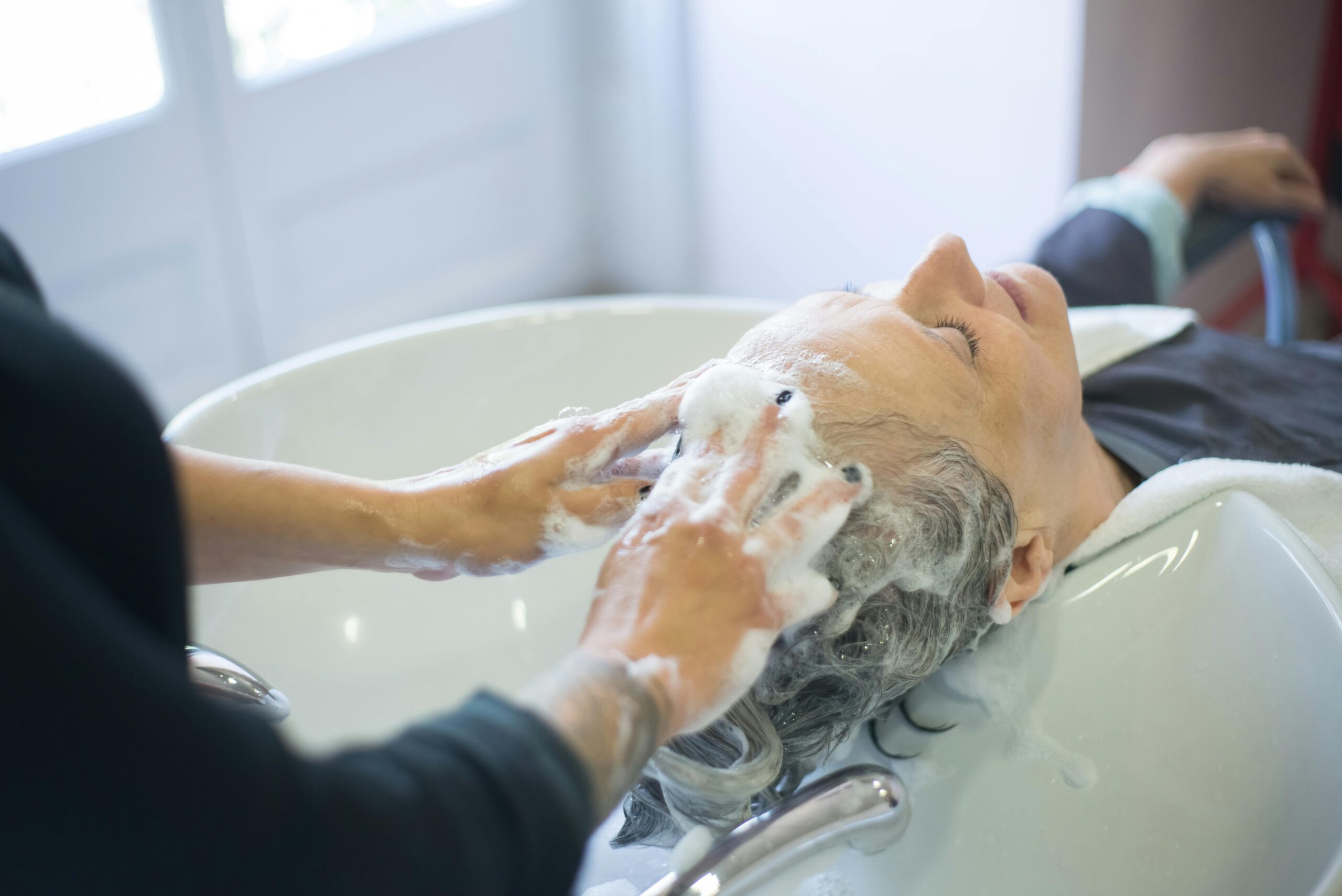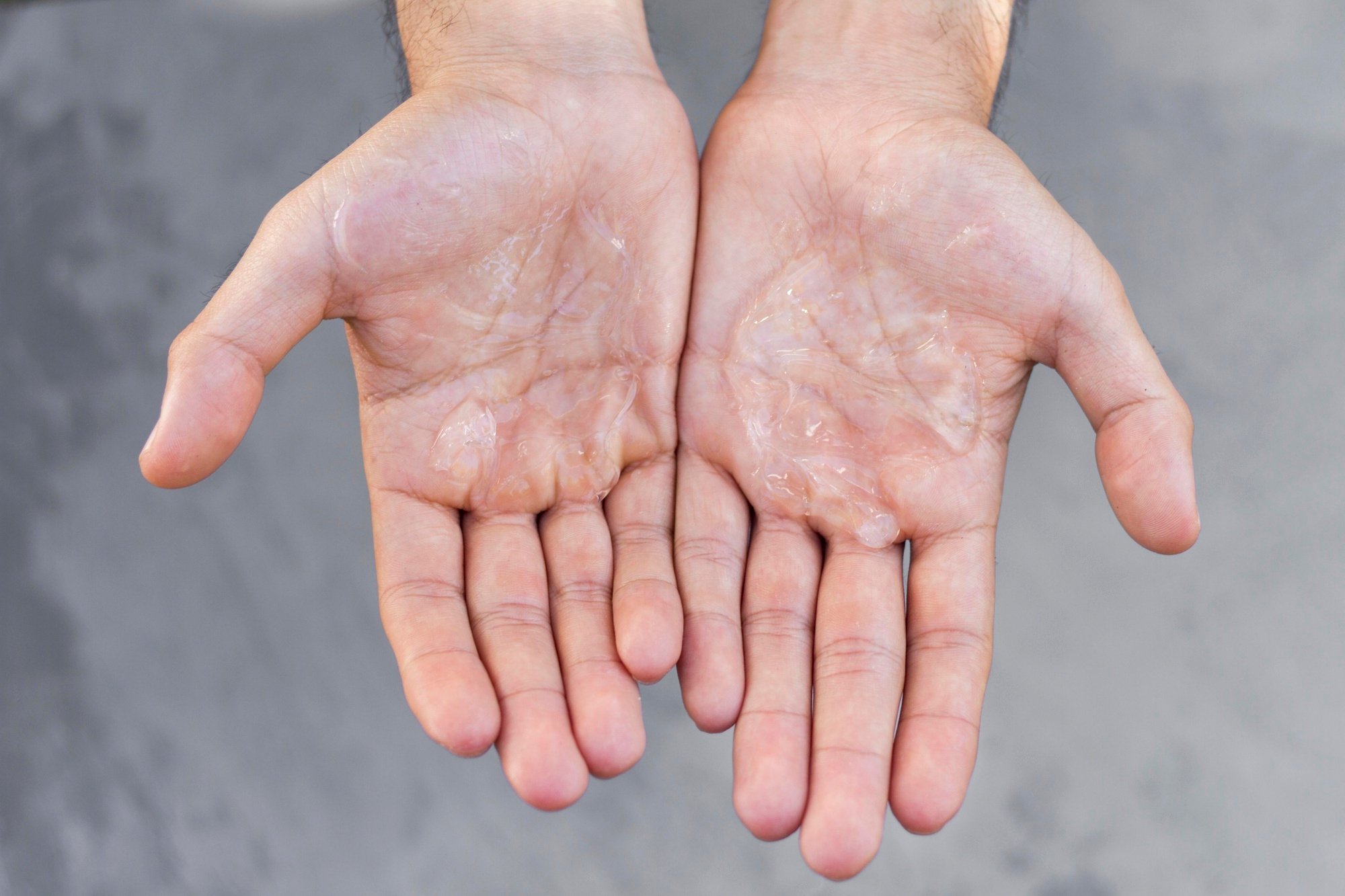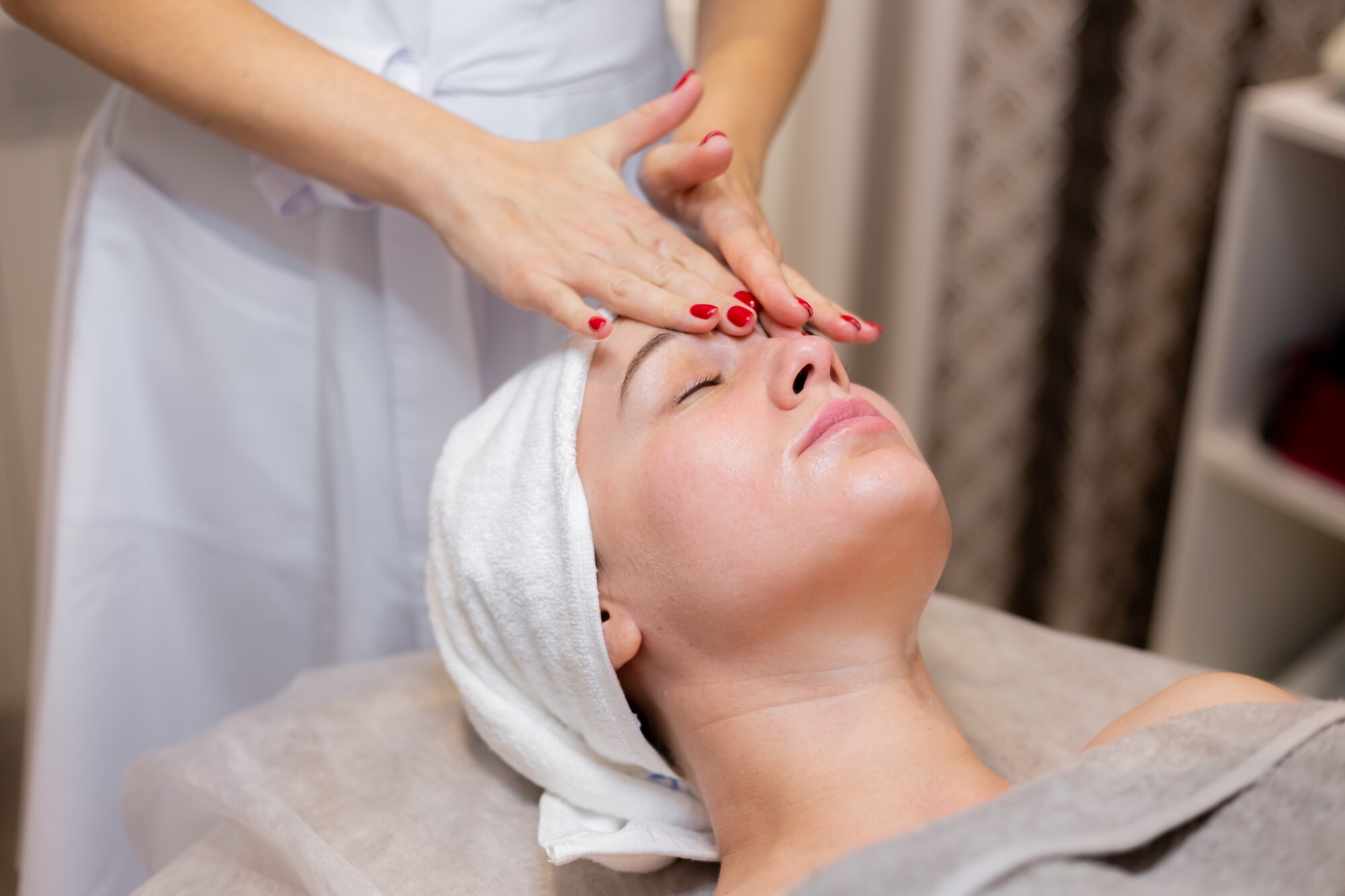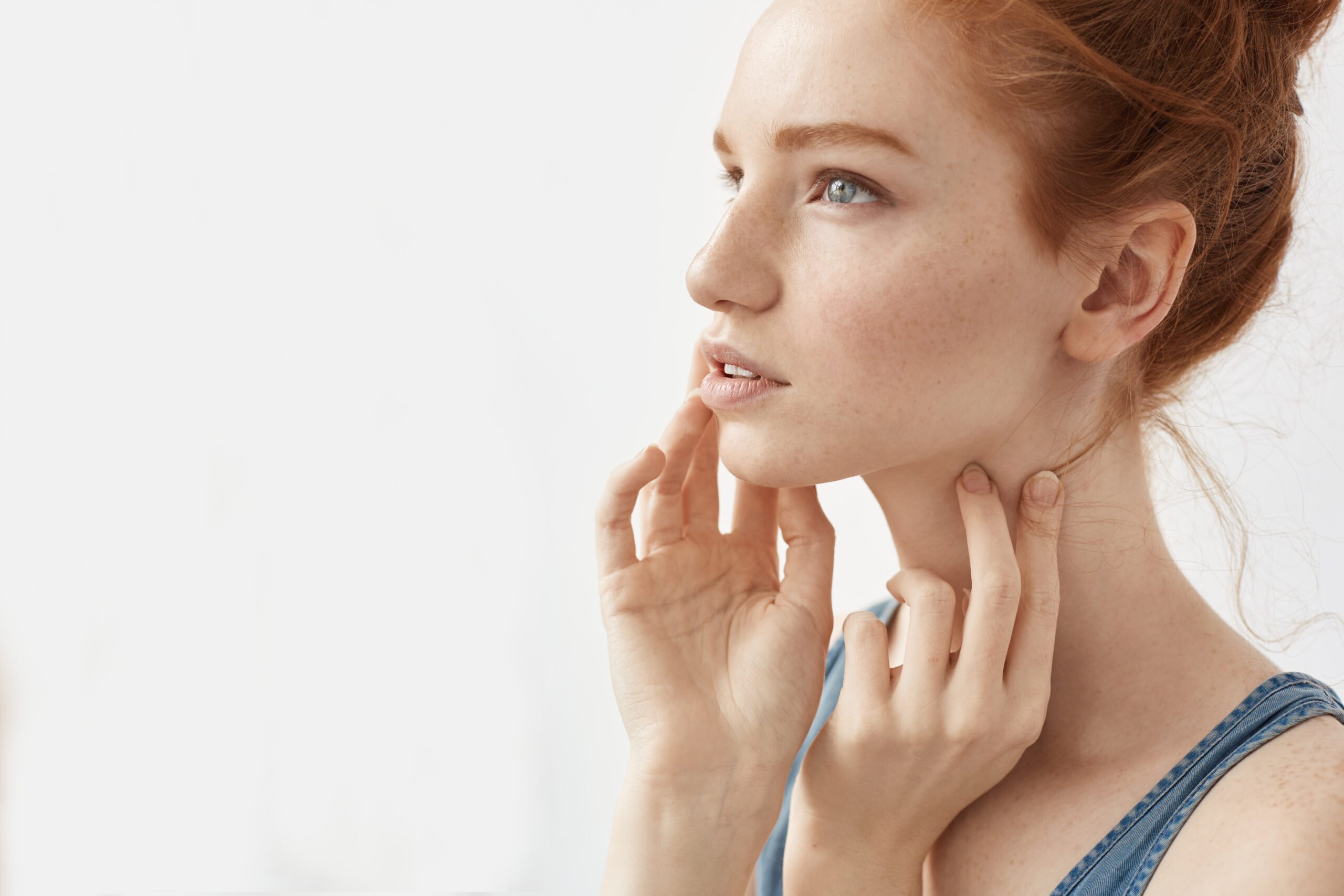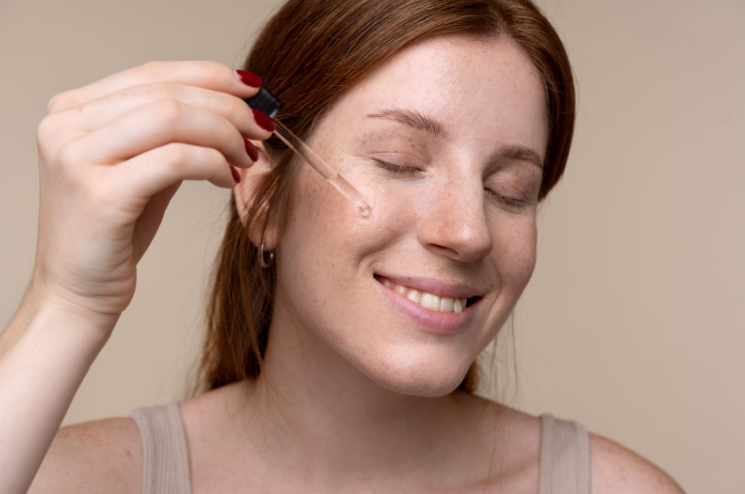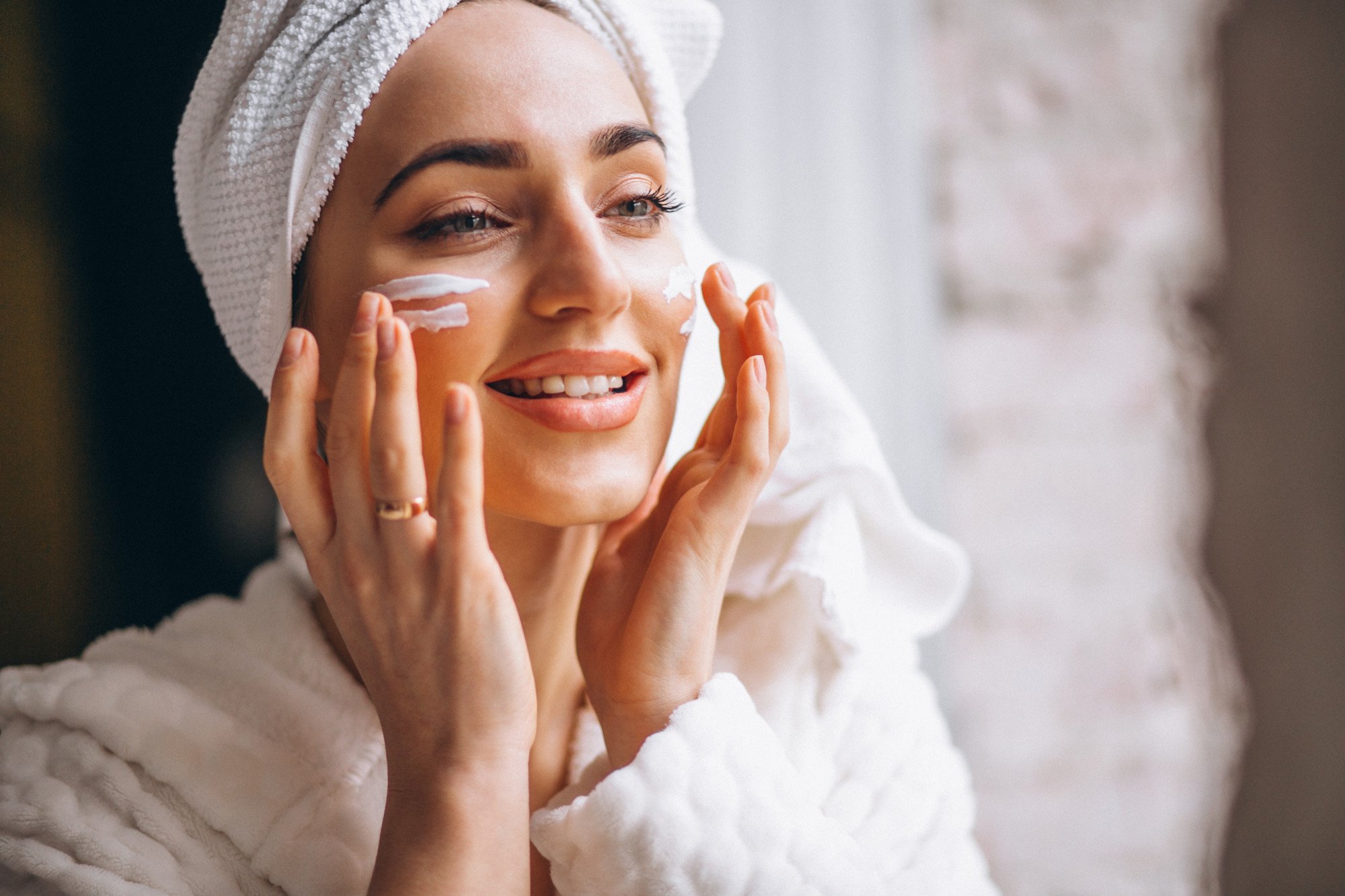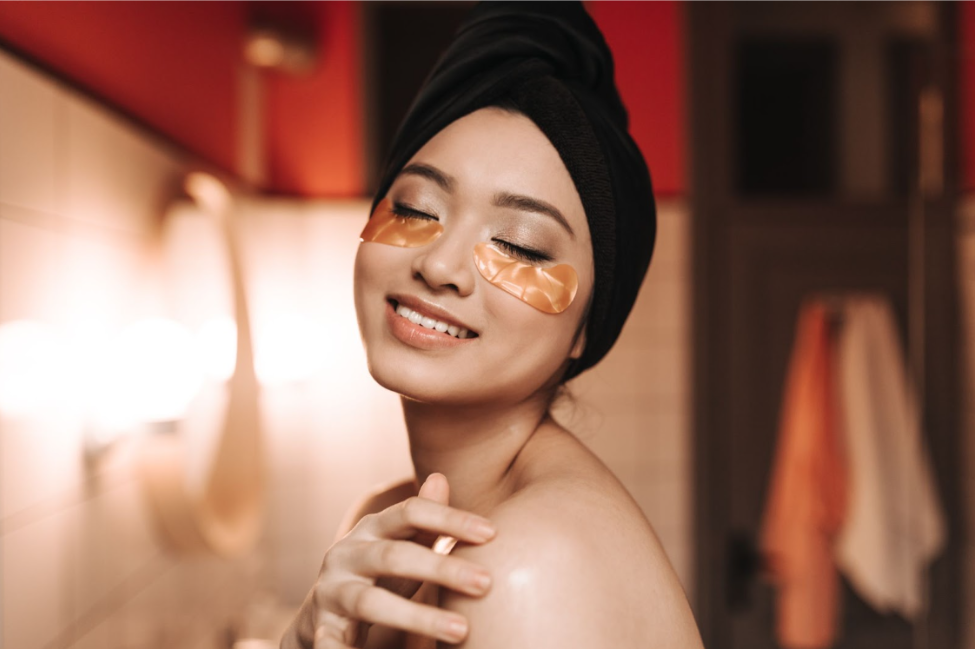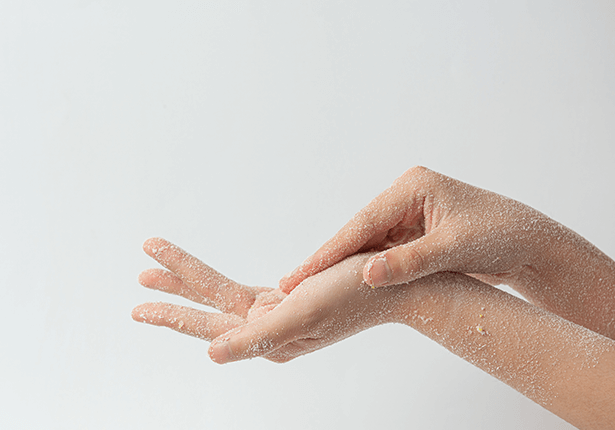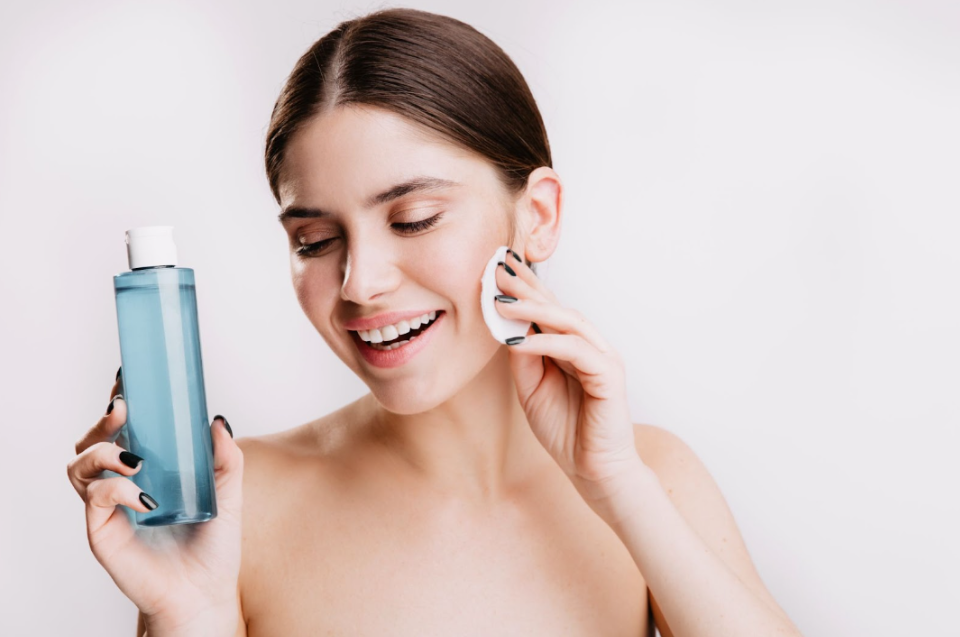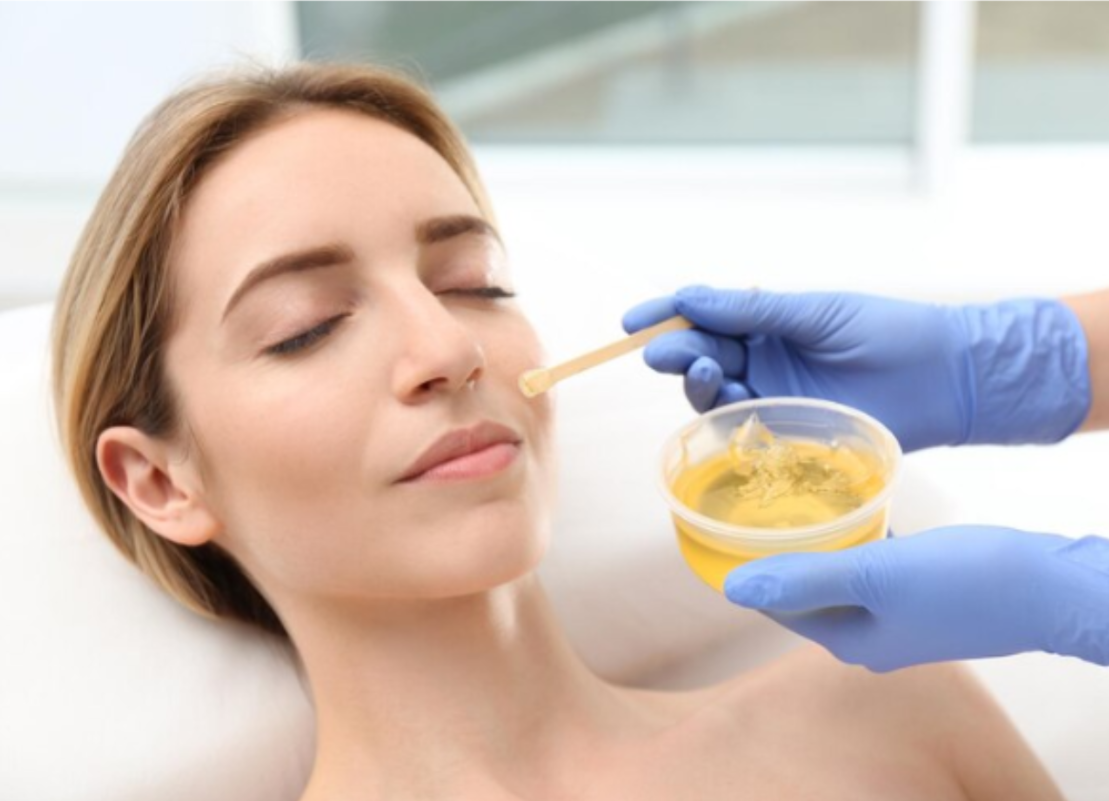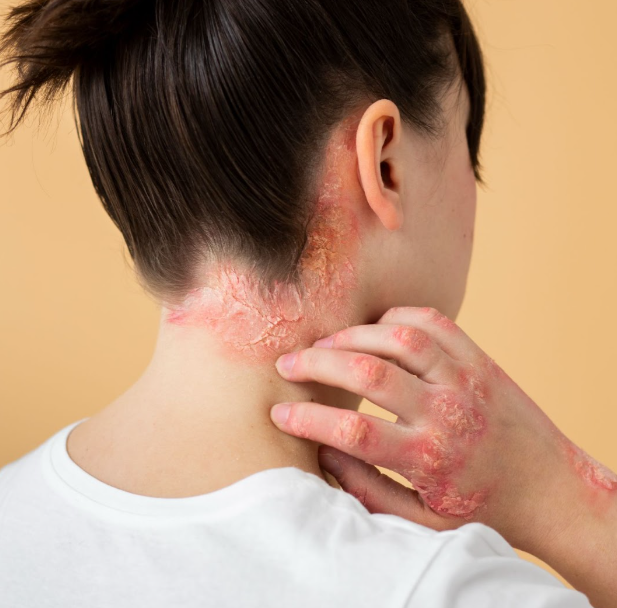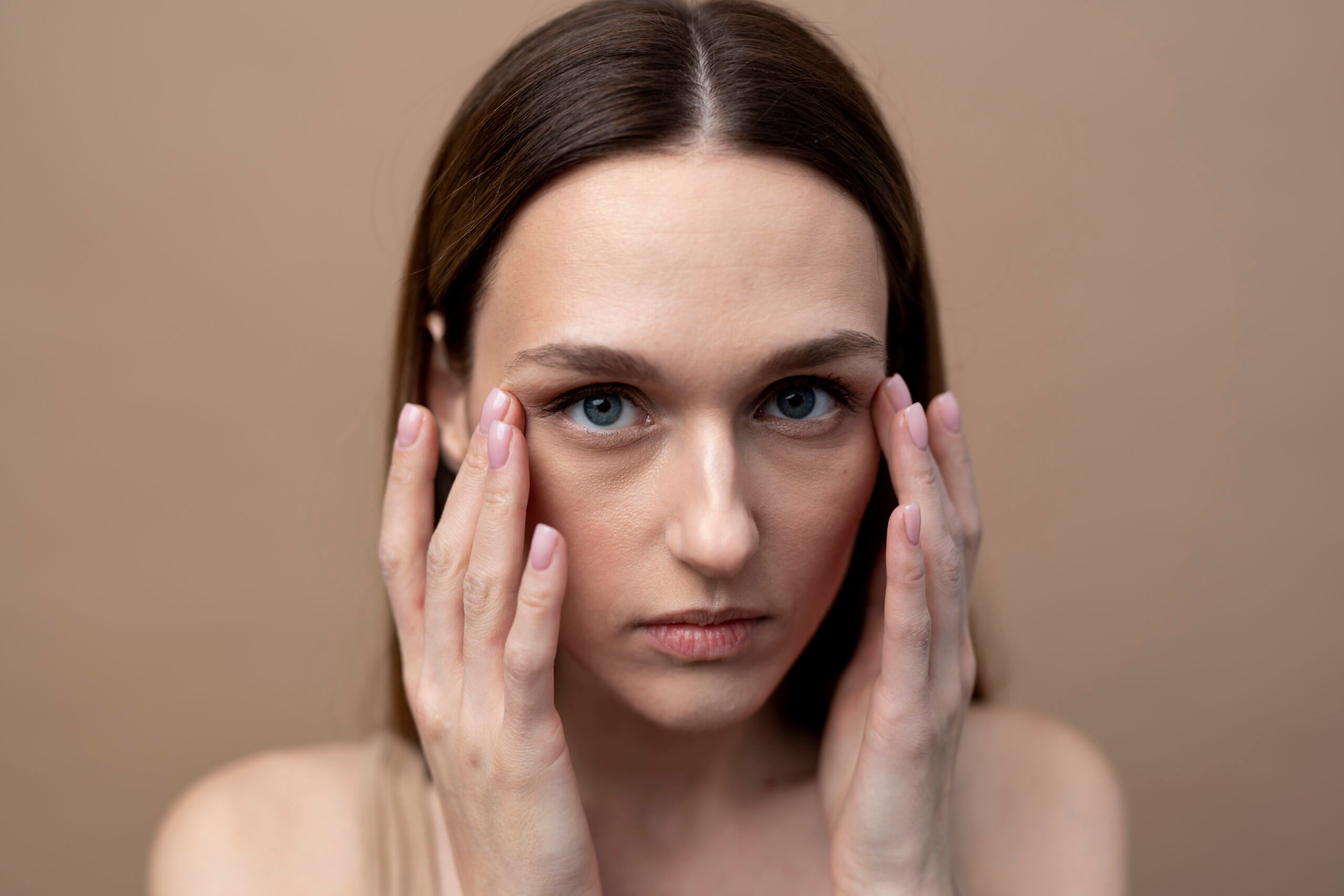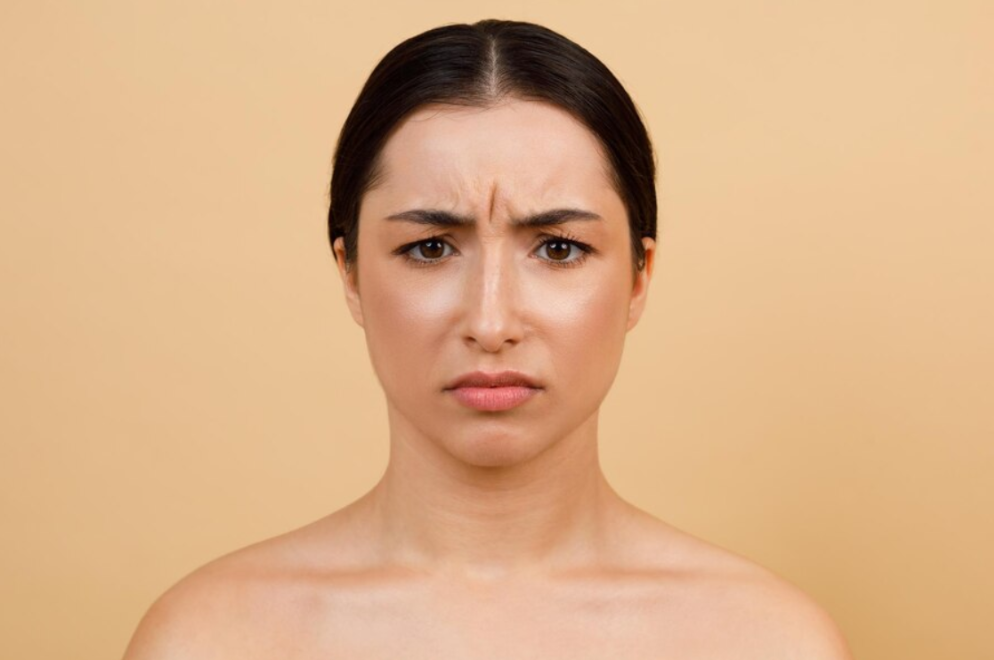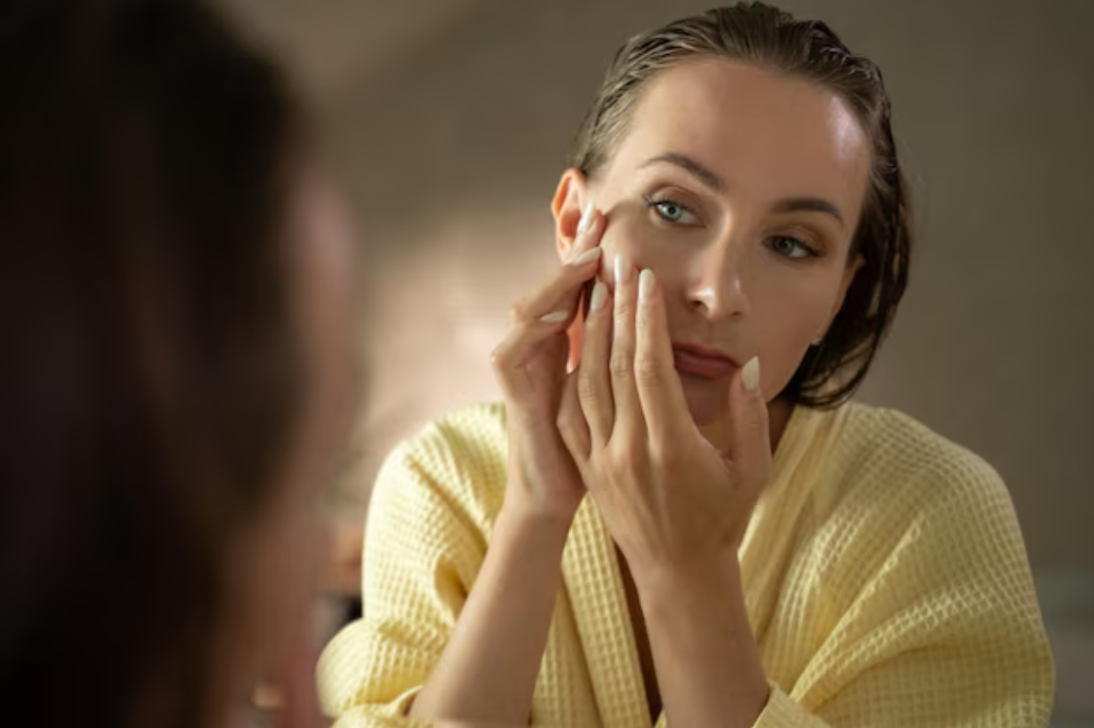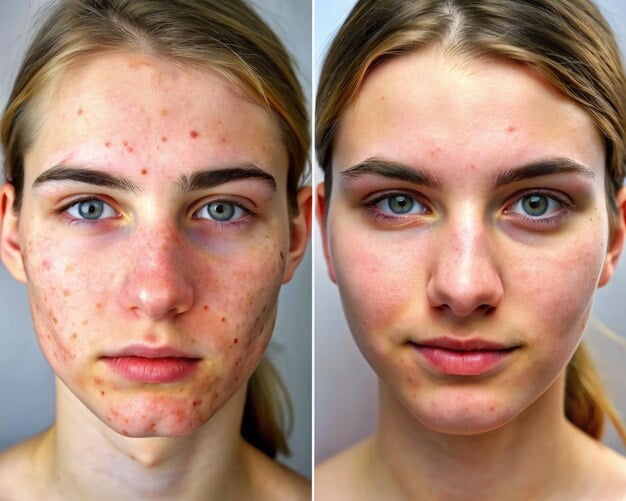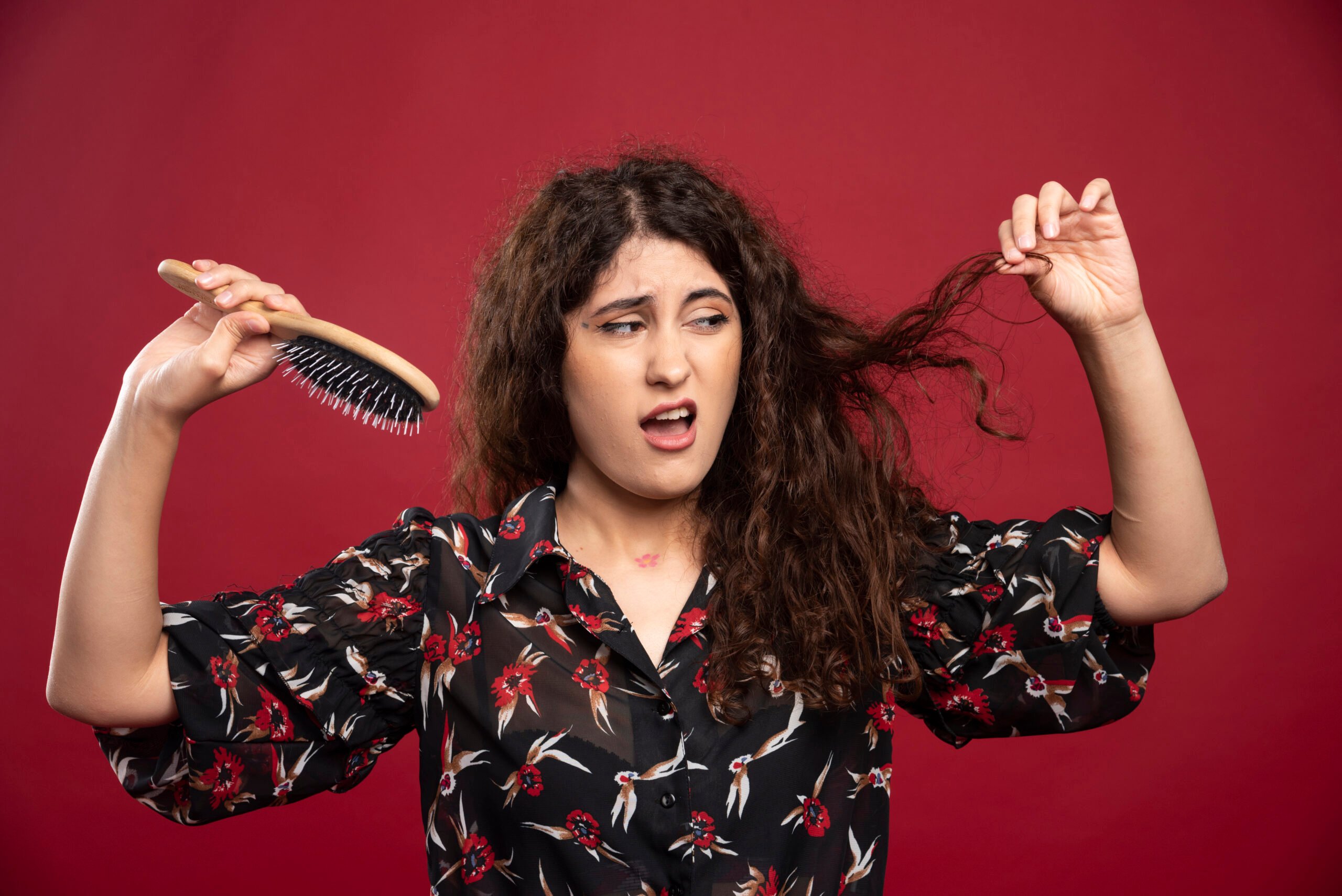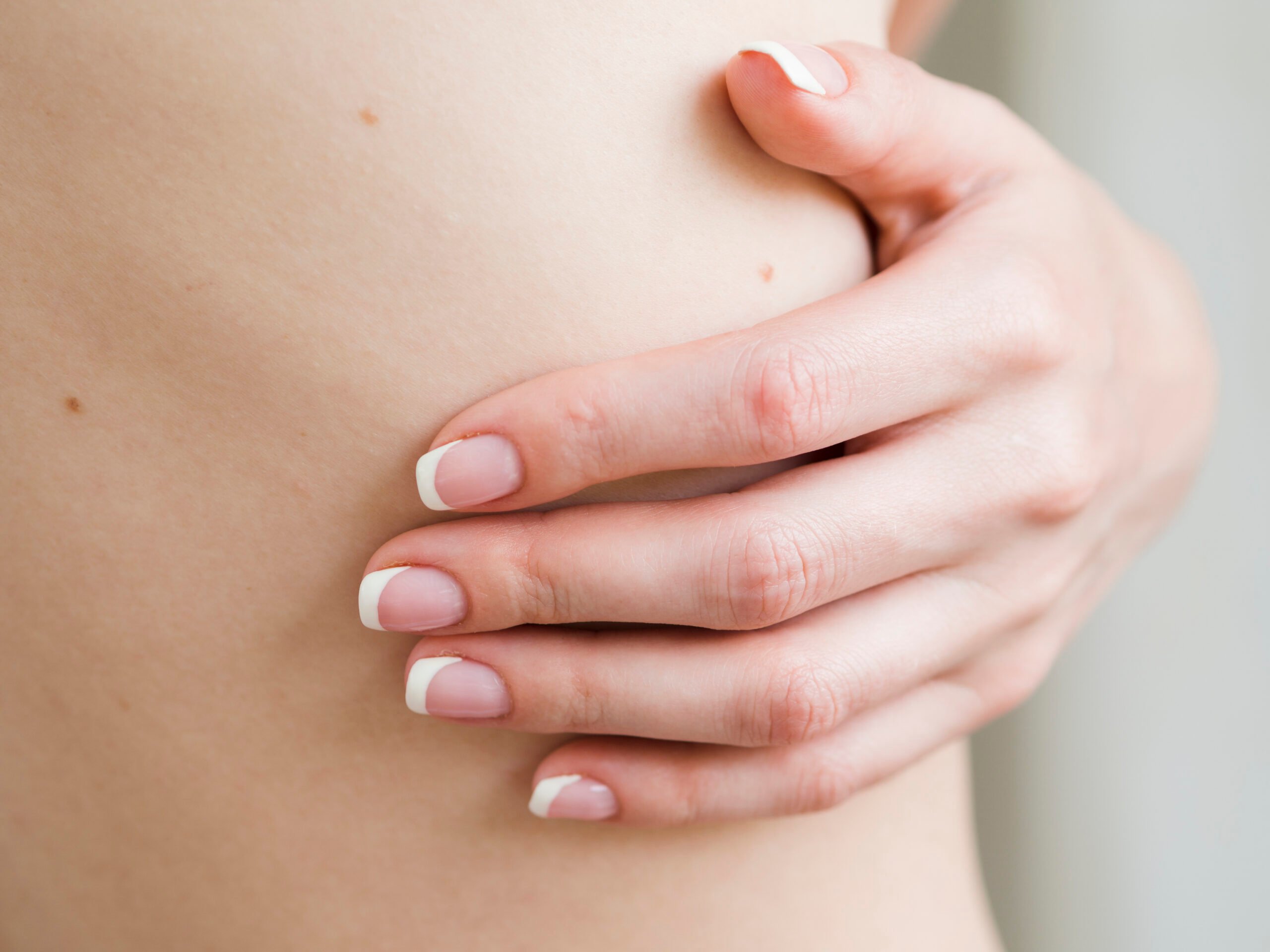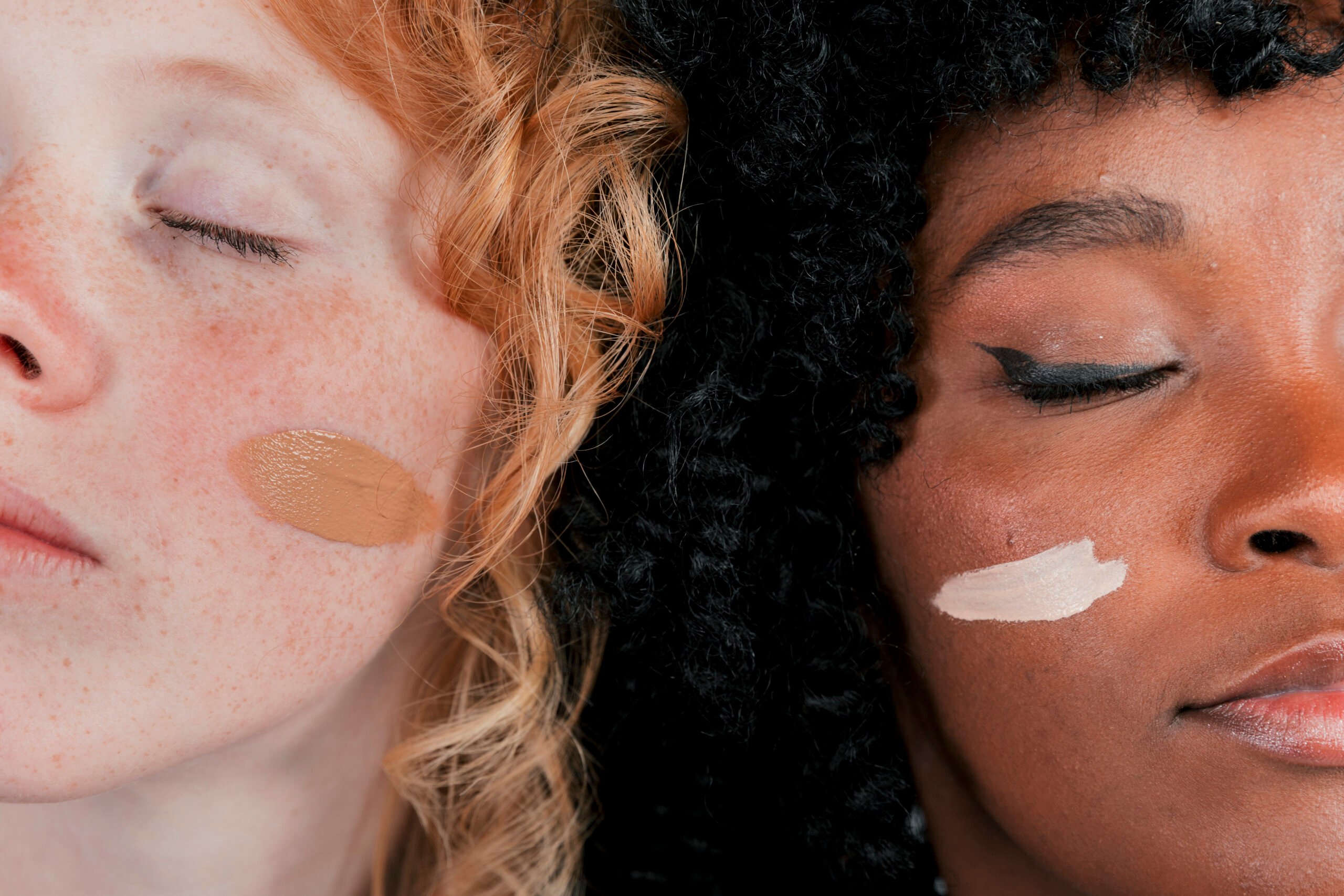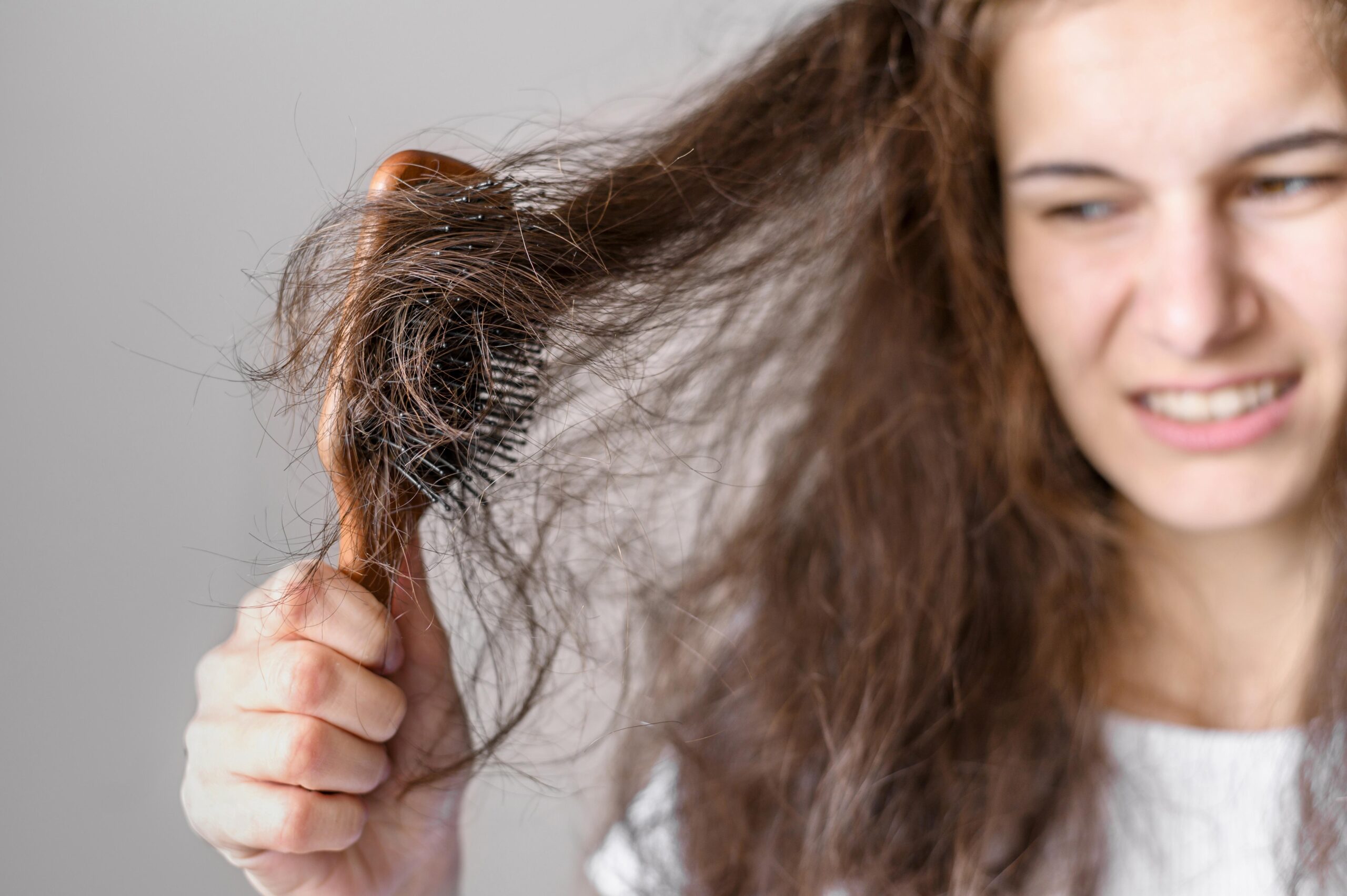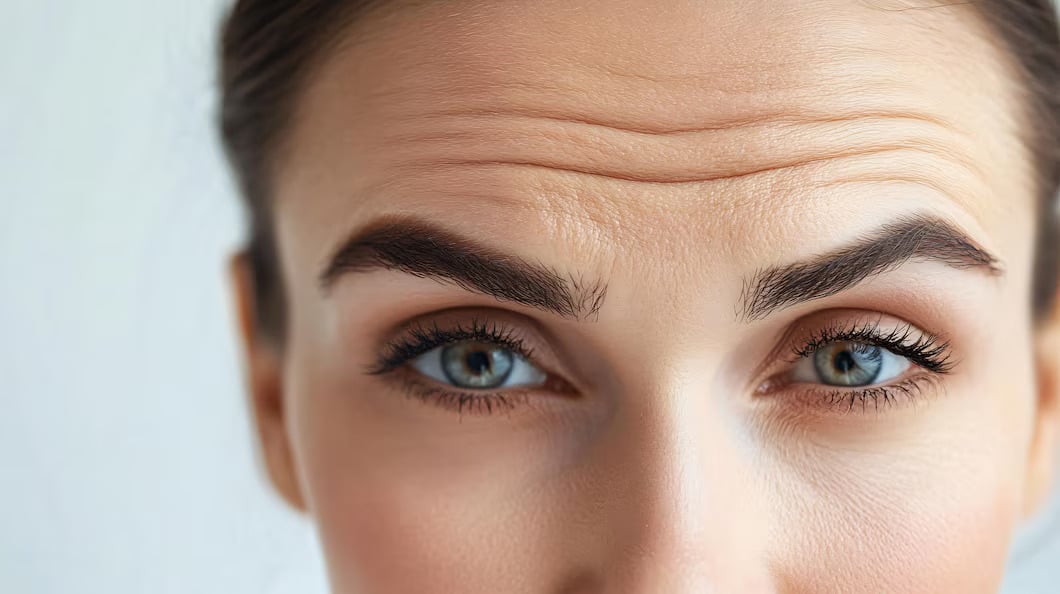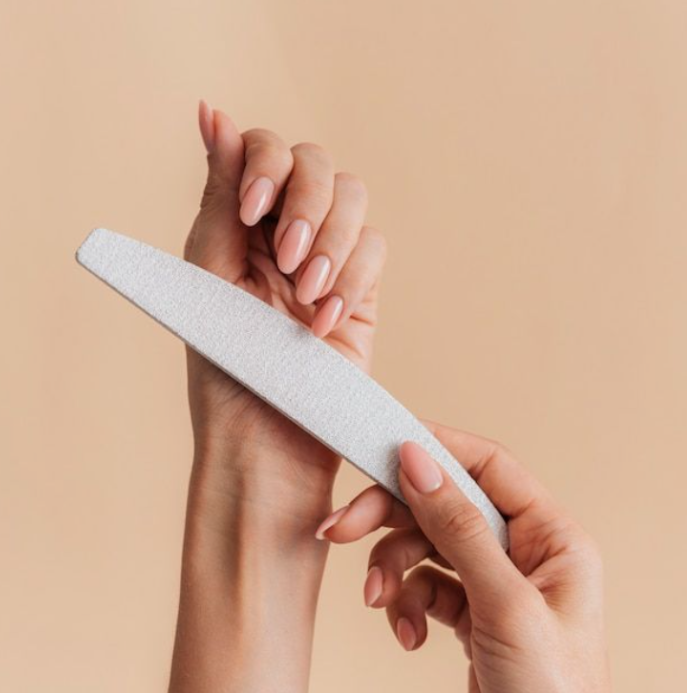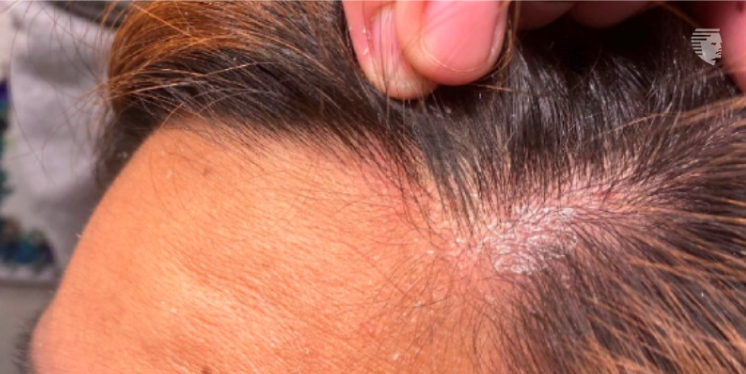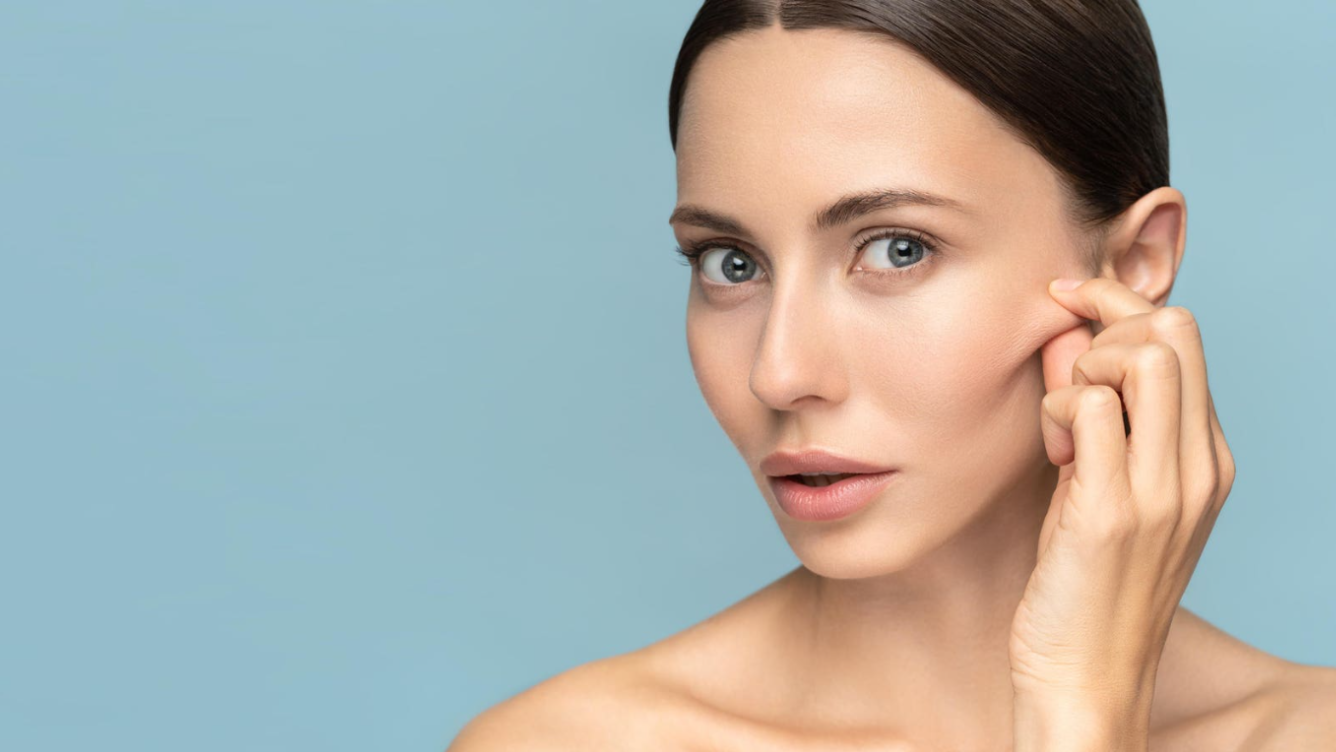Skin

Skin
Menopause Skin Care Tips
4 minutes read | 22 Apr 24
Menopause can be a confusing phase in a woman’s life. You may find yourself questioning yourself about many things:

Am I experiencing a hot flash or am I just feeling hot? I’m eating the same amount of food, why am I gaining weight? Why does my face look more tired than usual when I’m getting enough sleep?
Menopause is a significant stage in a woman's life marked by the cessation of menstruation and the end of reproductive years. Alongside hormonal changes, menopause can also bring about noticeable changes in the skin. At Bodycraft, we understand the importance of adapting skincare routines to address these changes effectively. In this blog, we'll delve into what menopause entails, how it affects your skin, and the best skin care tips to navigate this transformative phase with grace.
What is Menopause?
Menopause marks the end of a woman's menstrual cycles, typically occurring in her late 40s to early 50s. It's a natural biological process that signifies the cessation of reproductive abilities. During menopause, hormonal shifts, particularly a decline in estrogen levels, trigger various changes in the body, including the skin.
How Does Menopause Change Your Skin?
The hormonal fluctuations during menopause can lead to many skin issues, including dryness, thinning, loss of elasticity, increased sensitivity, and more pronounced signs of ageing such as wrinkles and fine lines.
Additionally, hormonal imbalances can exacerbate conditions like acne and facial hair growth.
Best Skin Care Tips for Menopause

Navigating menopausal skin requires a tailored skincare routine that focuses on hydration, protection, and rejuvenation. Here are some expert-recommended tips to help you maintain healthy and radiant skin during menopause:
1. Dry and Itchy Skin
Many individuals struggle with dry and itchy skin during menopause, which can be exacerbated by harsh weather conditions and environmental factors.
Tip: Opt for hydrating cleansers and moisturisers enriched with ingredients like hyaluronic acid, glycerin, and ceramides to replenish lost moisture and strengthen the skin barrier. Steer clear of harsh cleansers and exfoliants that can further strip the skin of its natural oils. Use a humidifier to add moisture to the air, especially in dry climates or heated indoor environments.
2. Redness
Skin redness is a common issue that may be caused by hot flashes, often resulting from sensitivity to various triggers or fluctuating hormones.
#Tip: Incorporate calming ingredients like chamomile, aloe vera, and green tea into your skincare routine to reduce inflammation and soothe redness. Shield your skin from harmful UV rays by applying a broad-spectrum sunscreen with an SPF of 30 or higher daily to prevent exacerbating redness.
3. Fine Lines and Wrinkles

Ageing skin often develops fine lines and wrinkles due to a decrease in collagen production and exposure to environmental stressors.
#Tip: Consider using retinoid-based products to stimulate collagen production, promote cell turnover, and diminish the appearance of fine lines and wrinkles over time. Incorporate antioxidant-rich serums or creams containing vitamins C and E to neutralise free radicals and protect the skin from environmental damage. You can also consult a dermatologist at Bodycraft Clinic for anti-ageing skin treatments who will recommend personalised treatments according to your skin’s needs.
4. Facial Hair
Unwanted facial hair can be a source of concern for many individuals, impacting their confidence and self-esteem.
#Tip: Explore gentle hair removal methods such as threading, waxing, or depilatory creams to manage unwanted facial hair. Consult with a dermatologist for professional treatments like laser hair removal or electrolysis for long-term hair reduction.
5. Dull Skin
Dullness occurs when dead skin cells accumulate on the skin's surface, leading to a dull skin complexion and uneven skin tone.
#Tip: Regularly exfoliate with gentle chemical exfoliants like alpha hydroxy acids (AHAs) or beta hydroxy acids (BHAs) to slough off dead skin cells and reveal a brighter complexion. Look for advanced facials that use hydrating ingredients to promote skin radiance and even out skin tone.
Takeaway
Menopause may usher in a host of changes in your skin, but with the right skincare routine and expert guidance, you can effectively manage and address these concerns. At Bodycraft, our team of skincare experts is dedicated to helping you navigate this transformative phase with confidence and grace. Embrace the journey of menopause knowing that radiant and healthy skin is within reach. Consulting with a dermatologist can provide personalised solutions for persistent acne concerns.
FAQs around Skin Care during Menopause
1. What are the 3 stages of menopause?
The three stages of menopause are perimenopause, menopause, and postmenopause. Perimenopause is the transitional phase leading up to menopause, characterised by fluctuating hormone levels and irregular menstrual cycles. Menopause itself is defined by the cessation of menstruation for 12 consecutive months, typically occurring around the age of 50. Postmenopause refers to the stage following menopause, where hormonal levels stabilise, and menopausal symptoms diminish.
2. What are common skin conditions with menopause?
Common skin conditions associated with menopause include dryness, thinning, increased sensitivity, and a loss of elasticity. Hormonal changes, particularly a decline in estrogen levels, can exacerbate these issues, leading to dry and itchy skin, redness, fine lines, wrinkles, and even acne flare-ups.
3. What is perimenopausal skin?
Perimenopausal skin refers to the changes in the skin that occur during the transitional phase leading up to menopause. During perimenopause, fluctuations in hormone levels, particularly estrogen, can result in various skin issues such as dryness, acne, increased sensitivity, and uneven skin tone. These changes often manifest alongside other menopausal symptoms such as hot flashes and mood swings.
4. Does menopausal acne go away?
Menopausal acne may persist for some women, but it often improves with time. Hormonal fluctuations, specifically a decrease in estrogen and an increase in androgens can contribute to acne flare-ups during menopause. However, as hormone levels stabilise and menopausal symptoms subside, acne severity typically decreases. Proper skincare, including gentle cleansing, exfoliation, and targeted treatments, can help manage menopausal acne effectively.
Related categories
Get a complimentary consultation today. Book now
























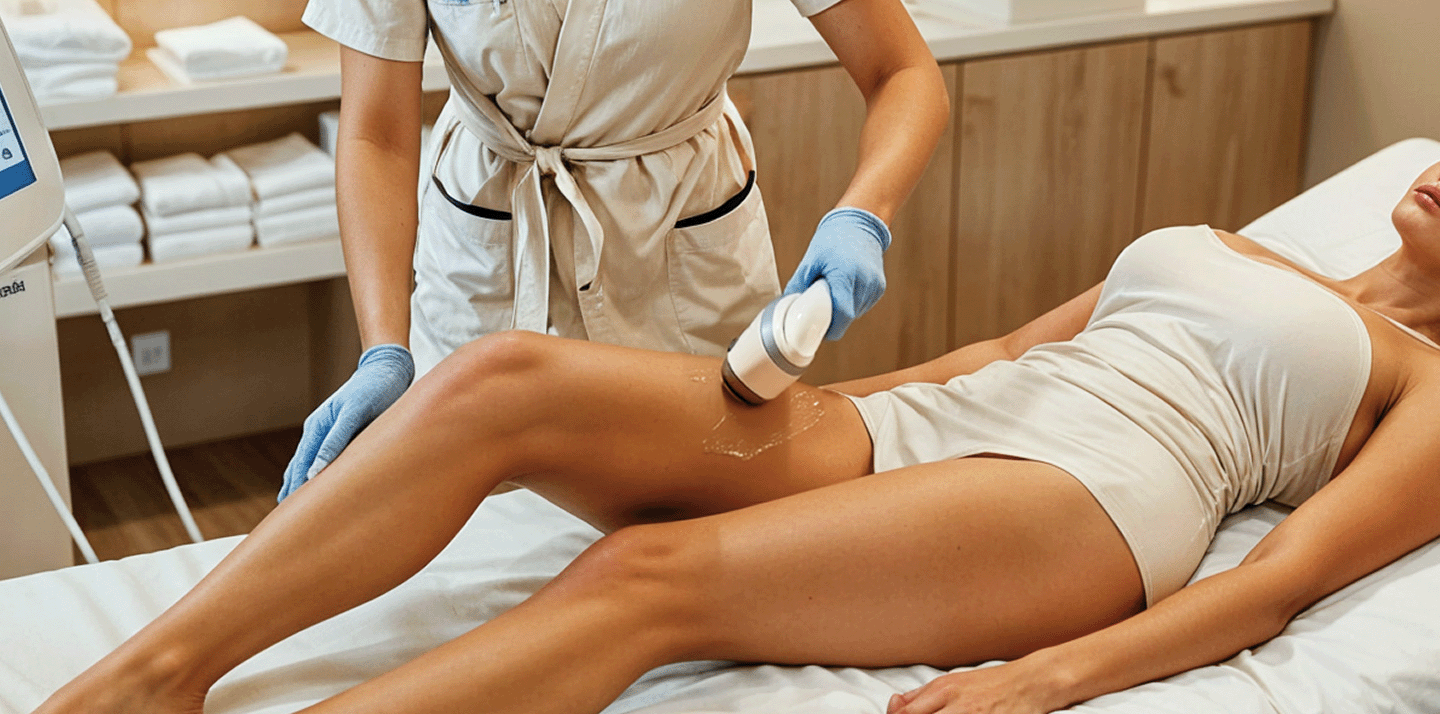














.png)

























-1.png)

